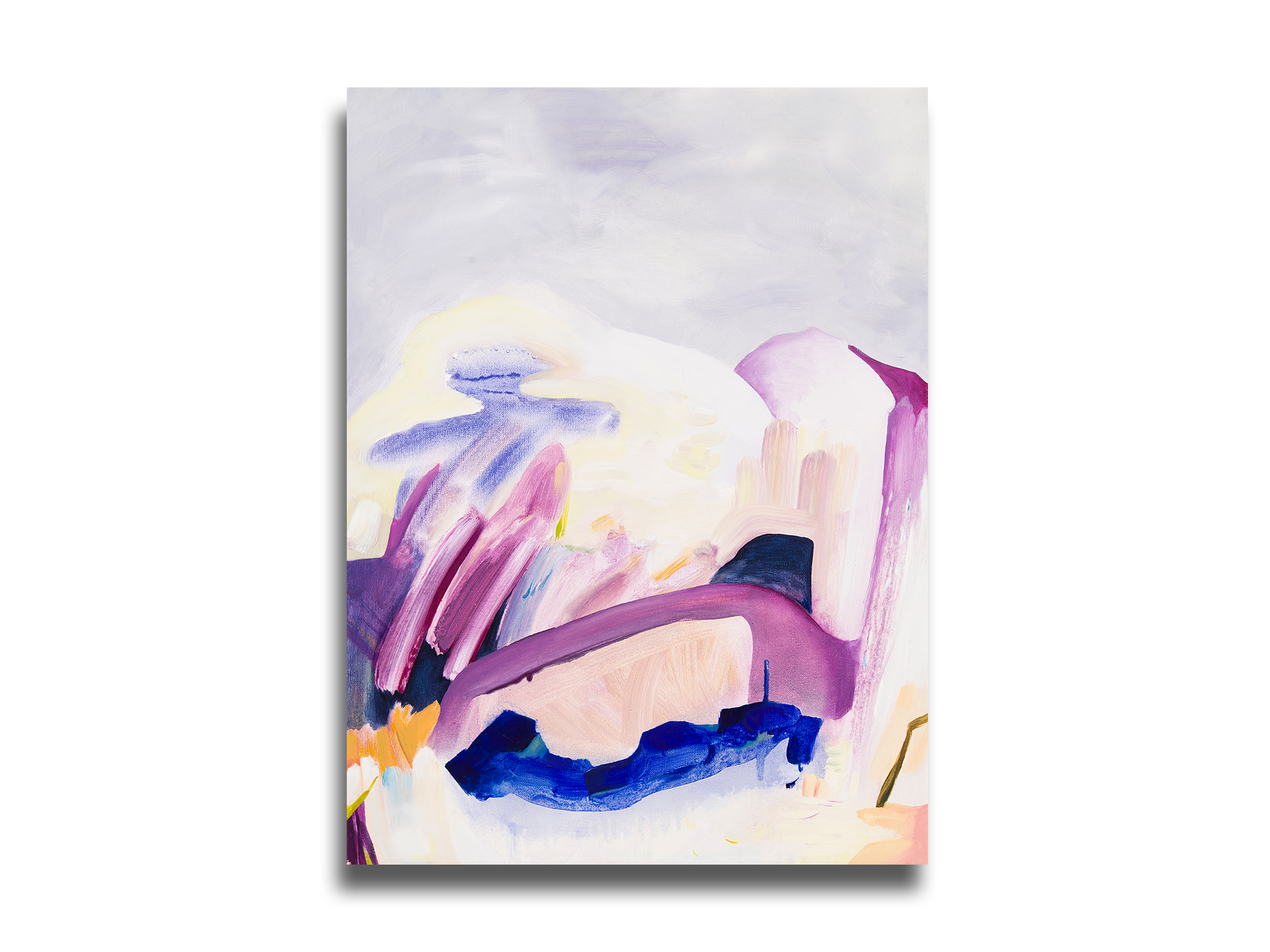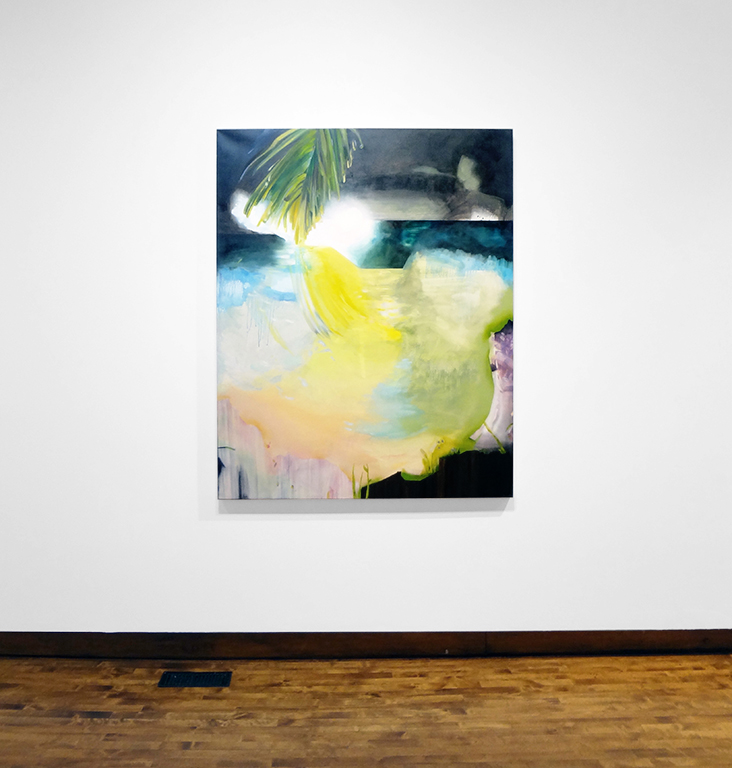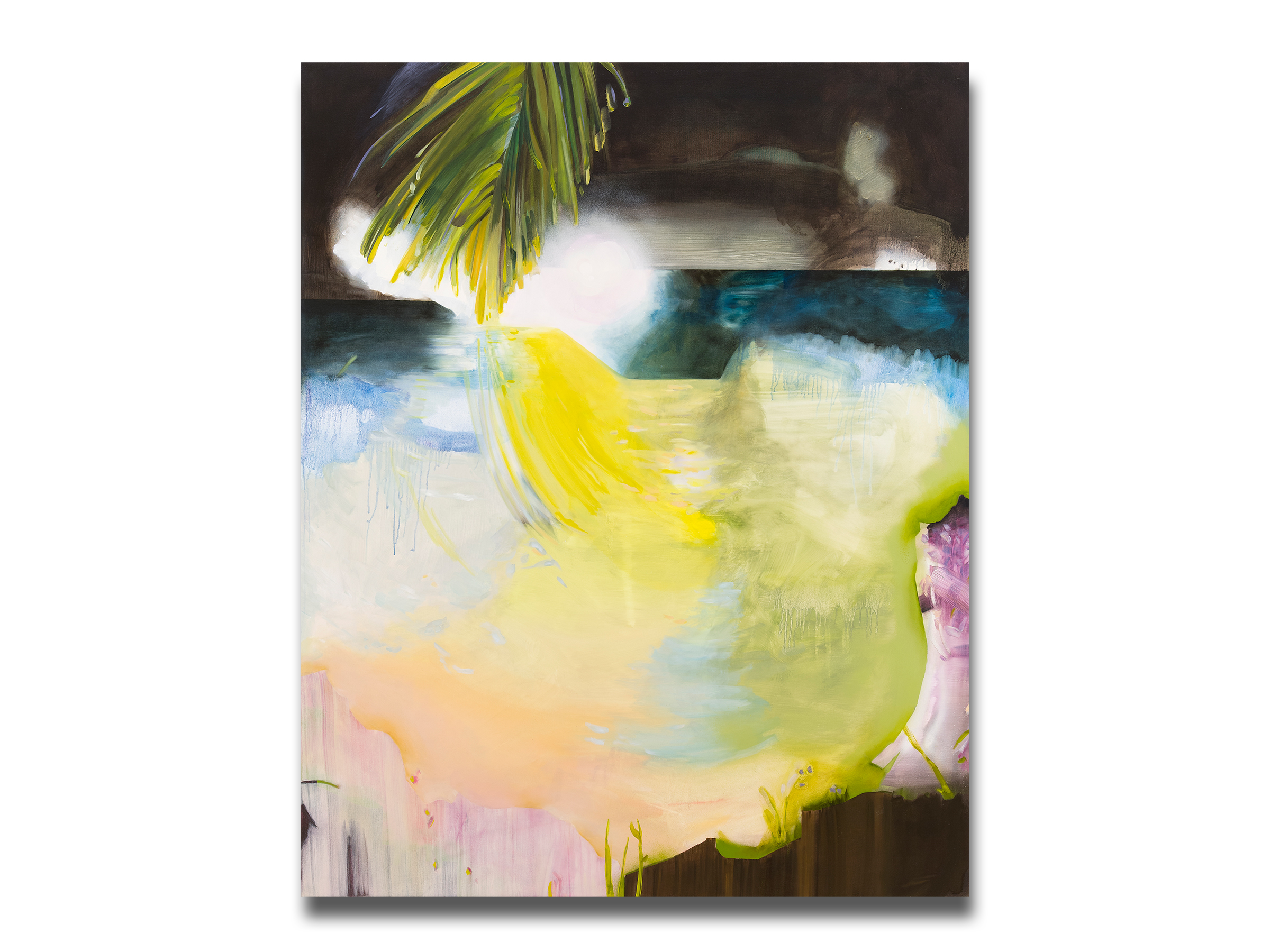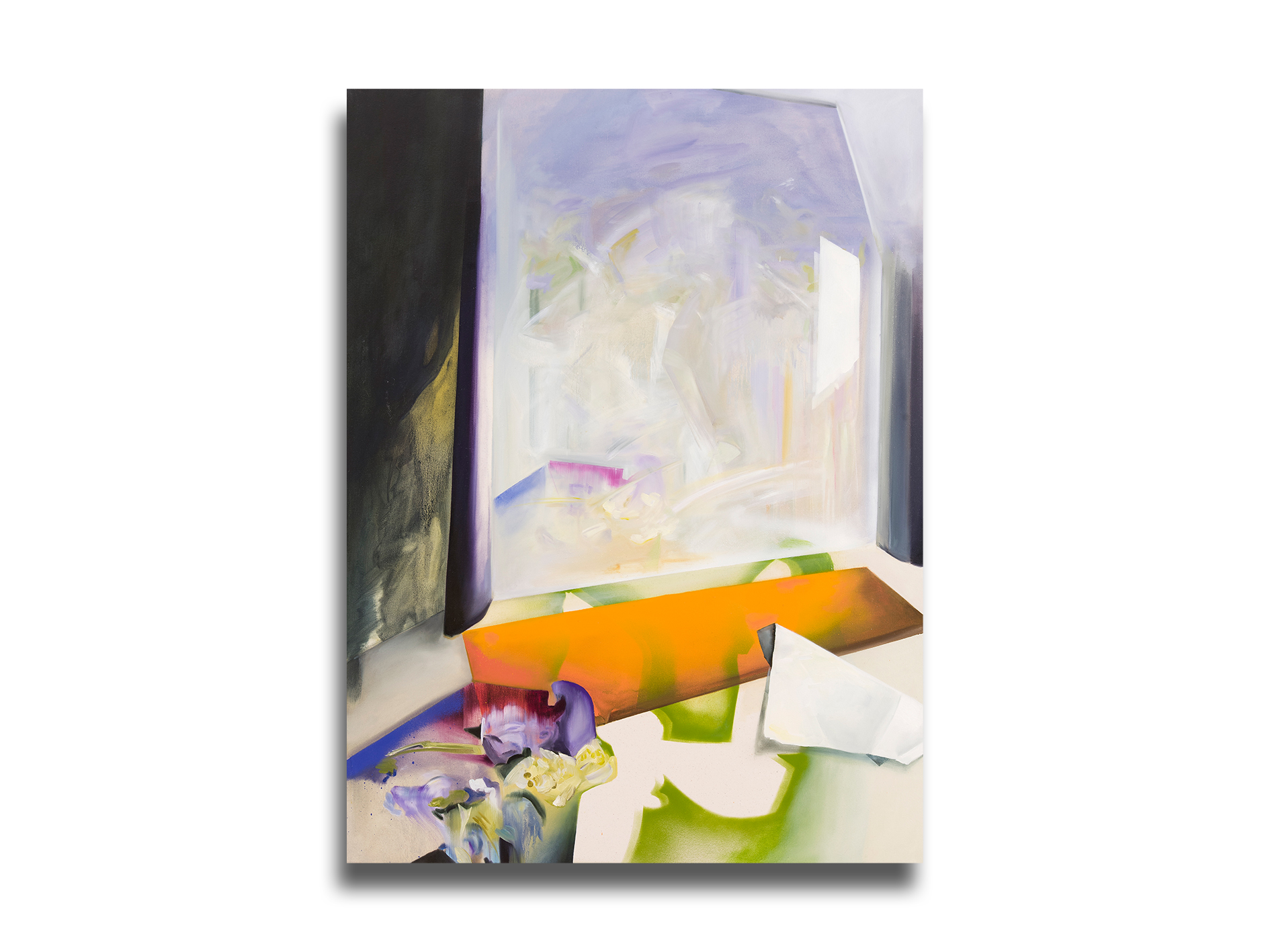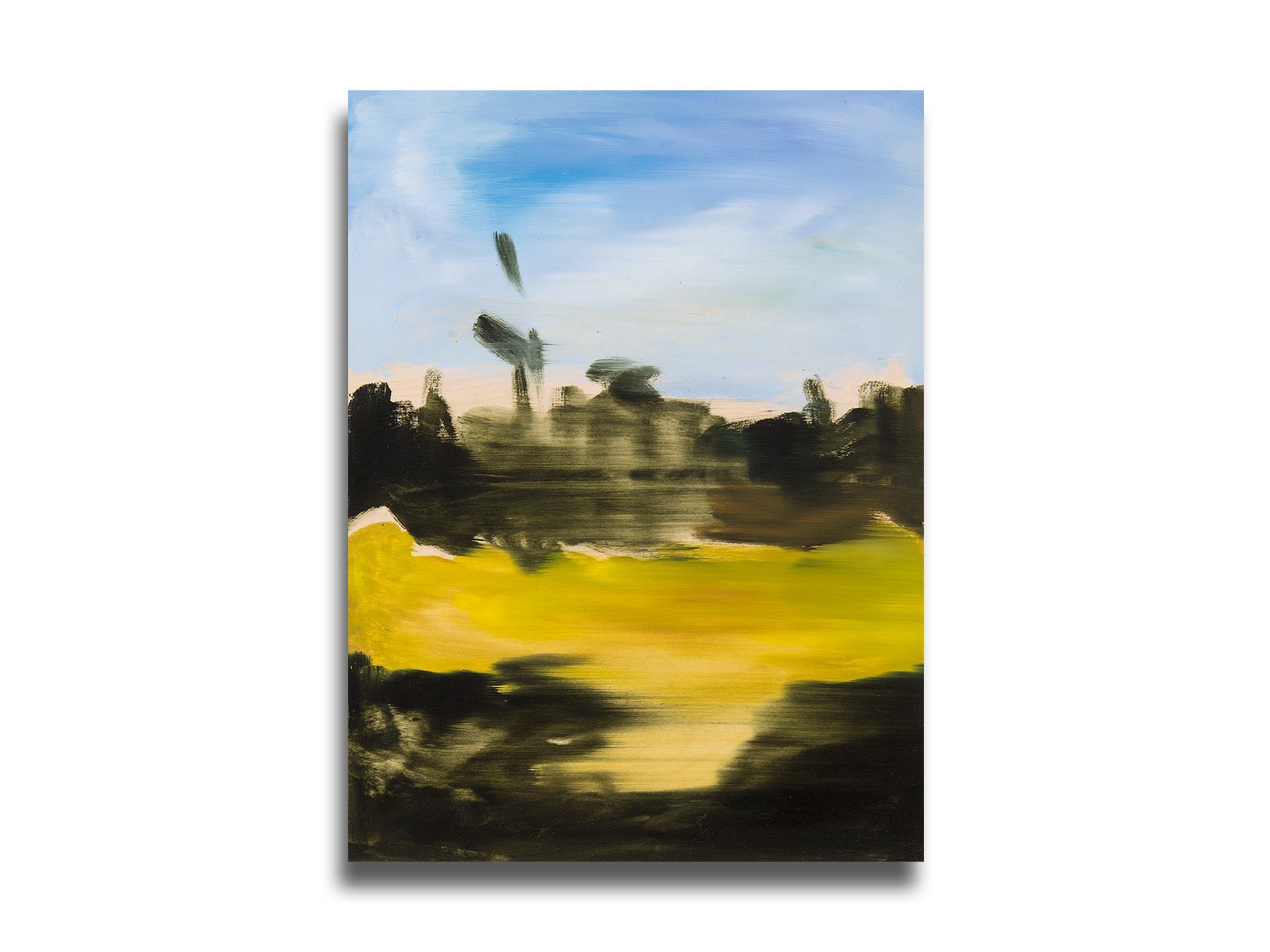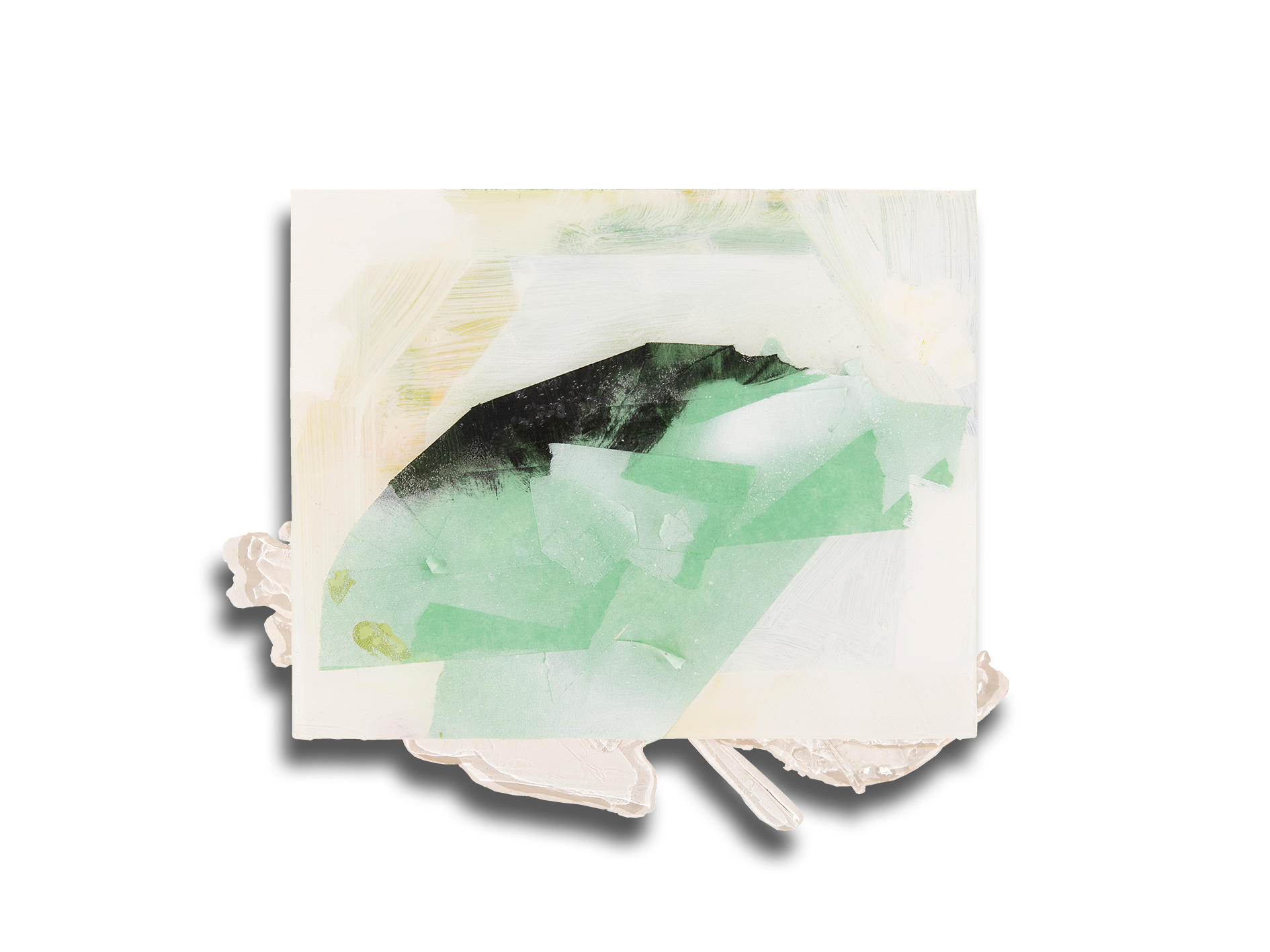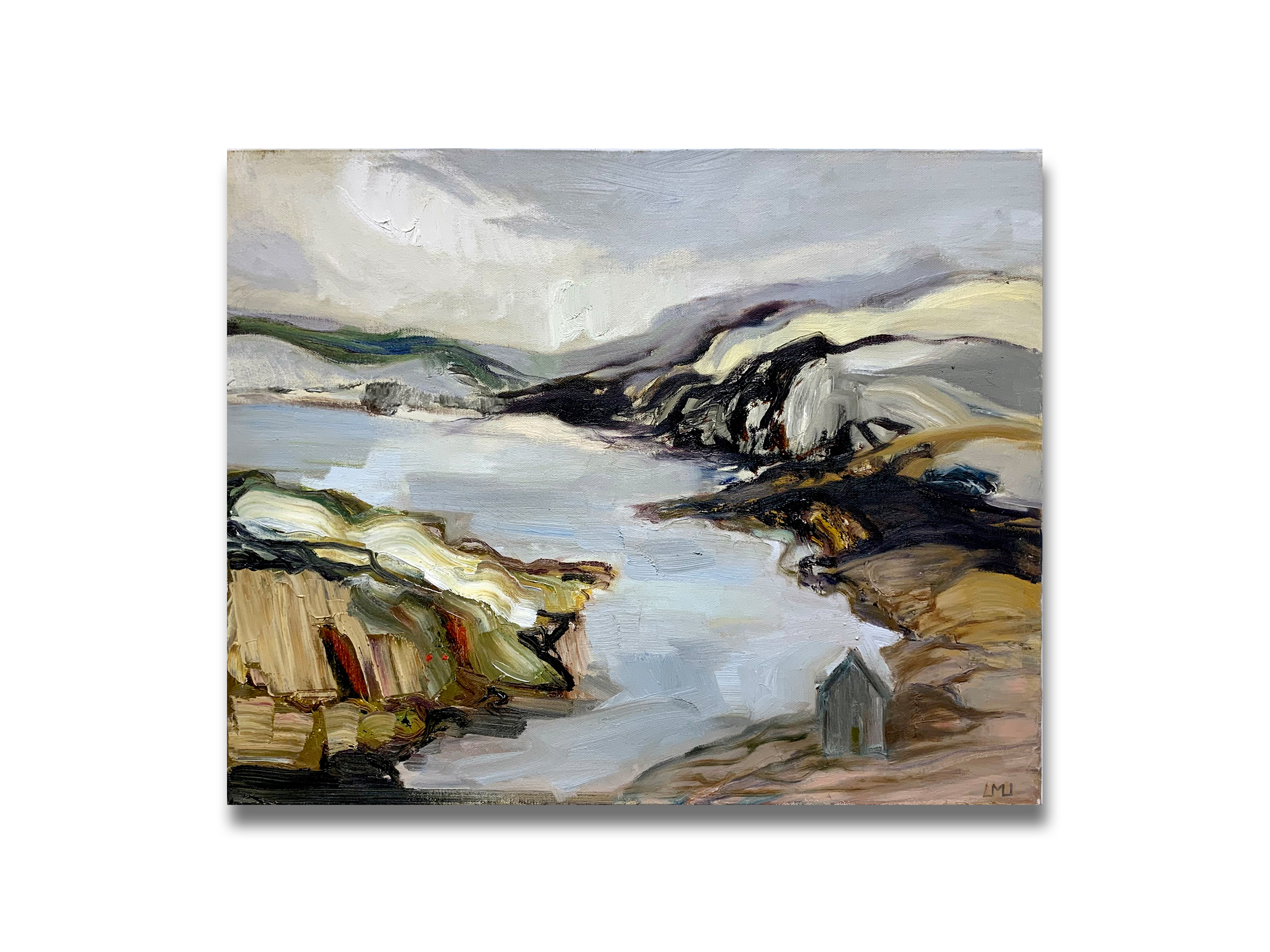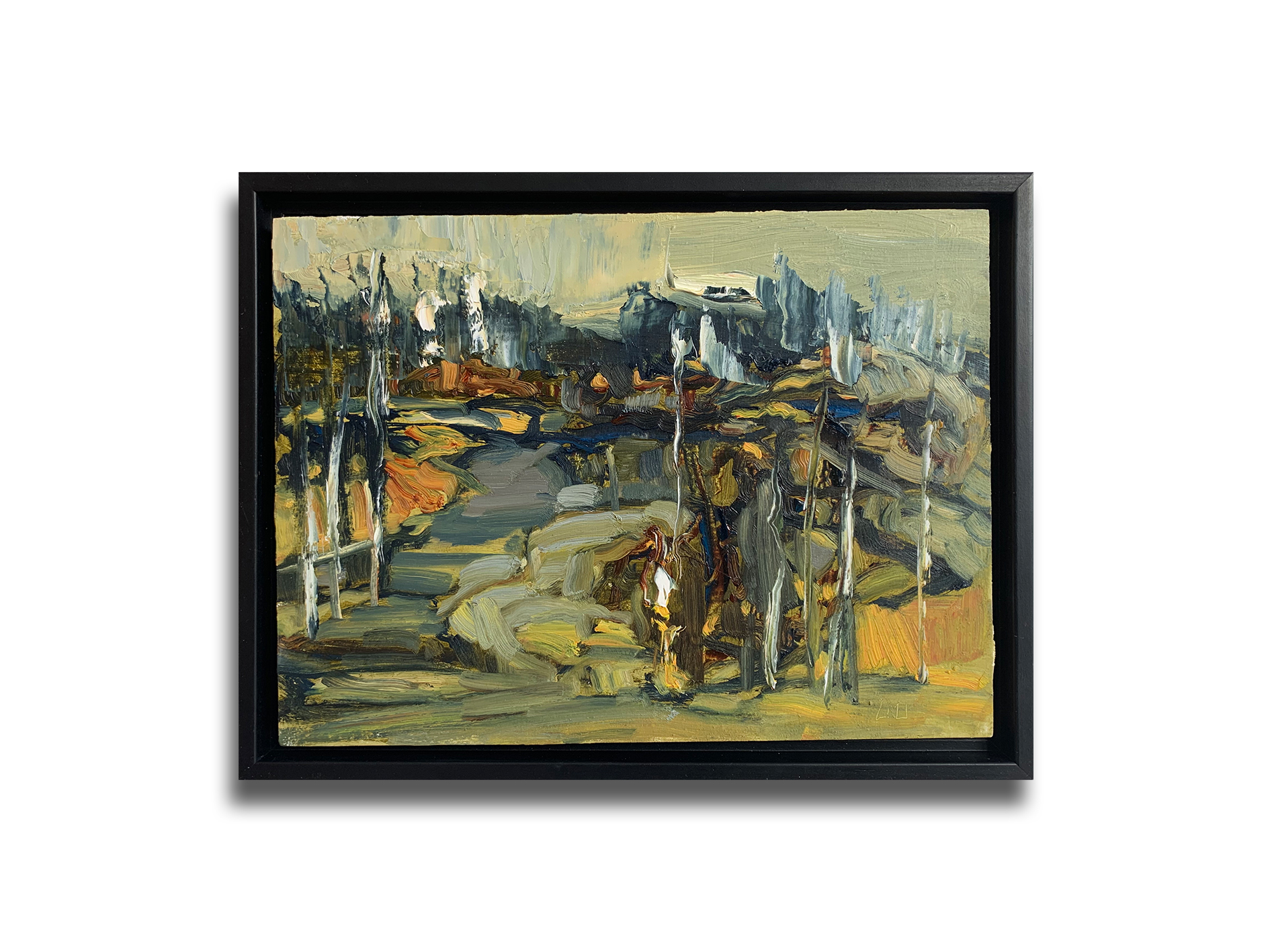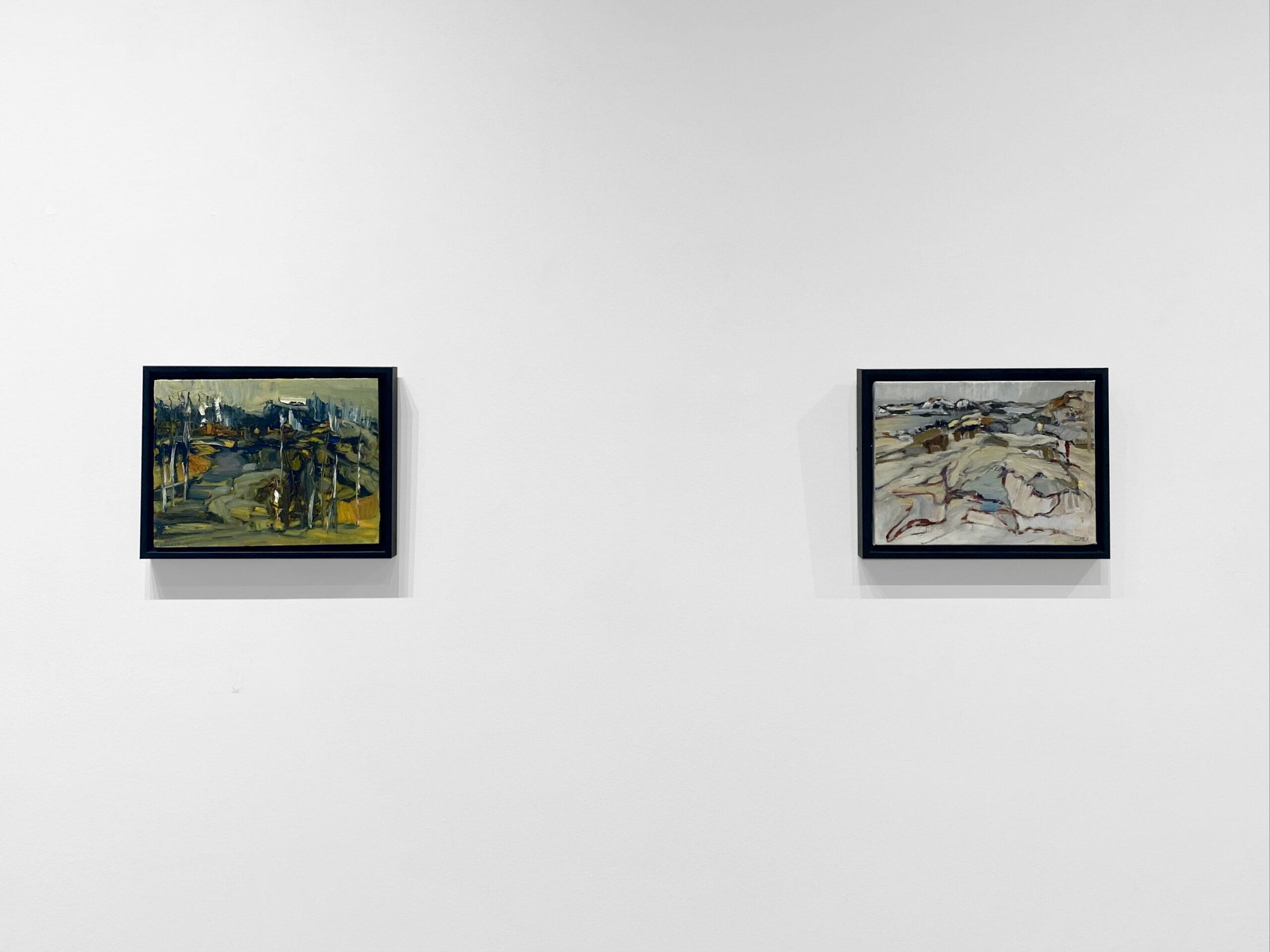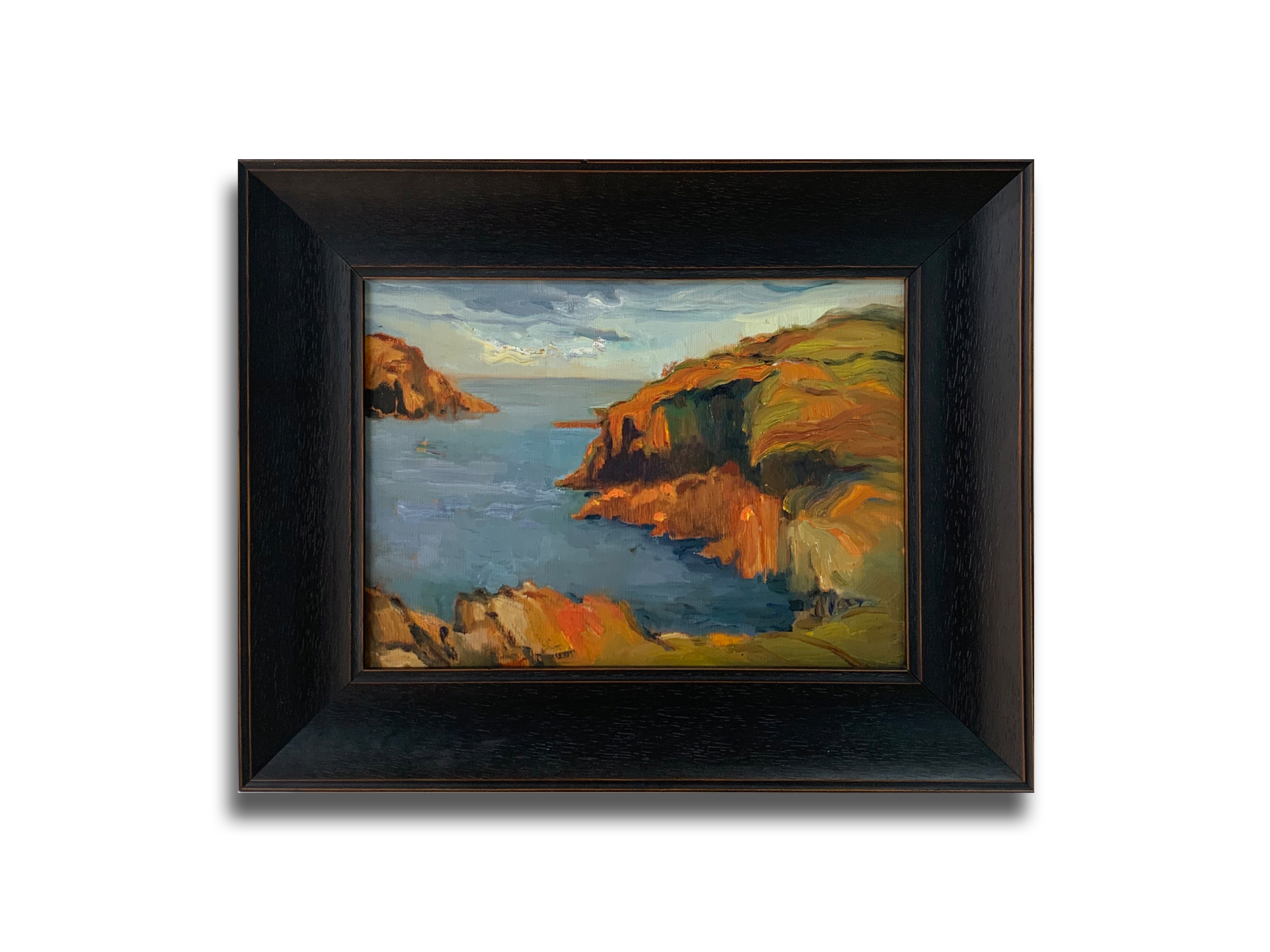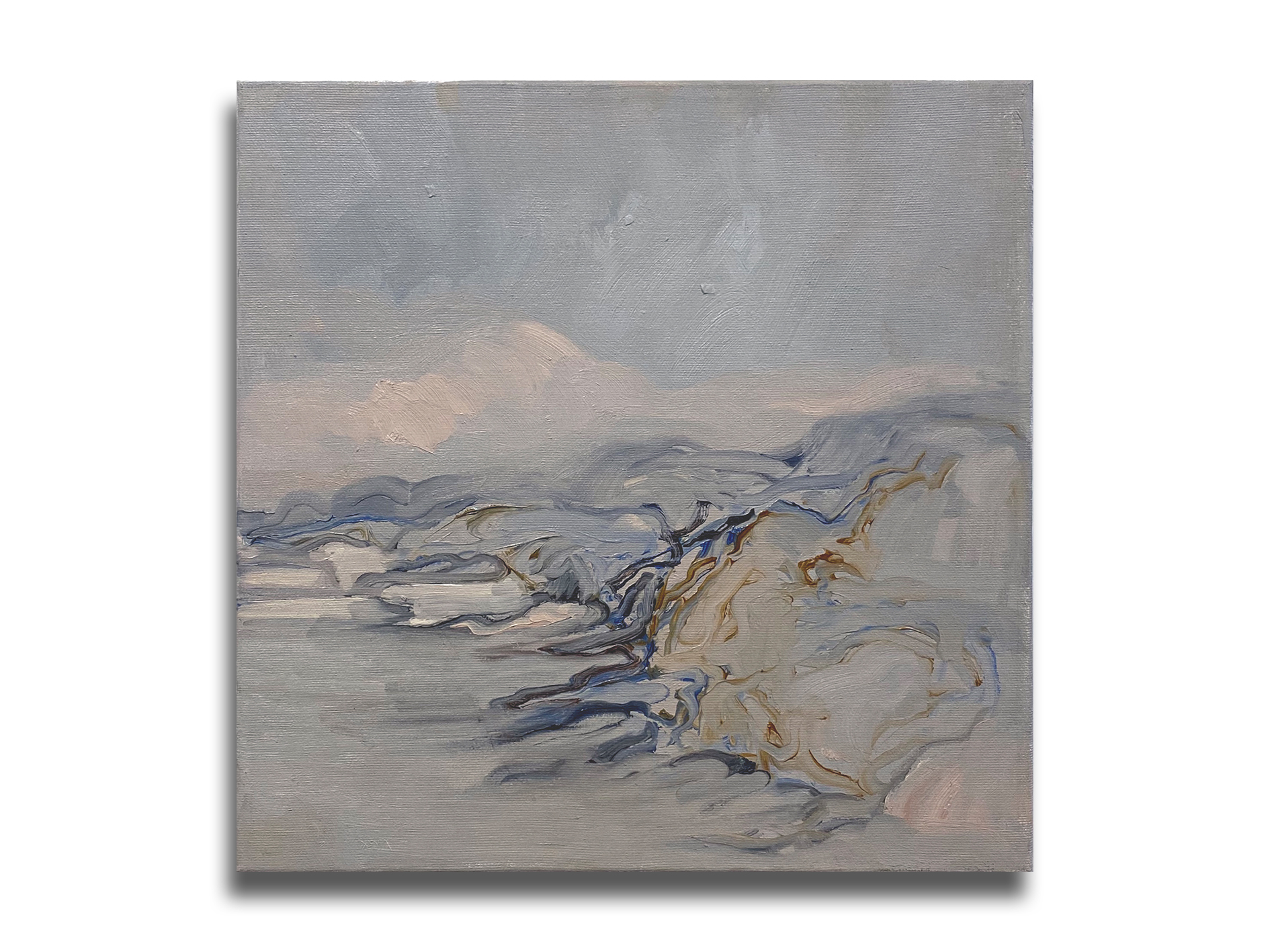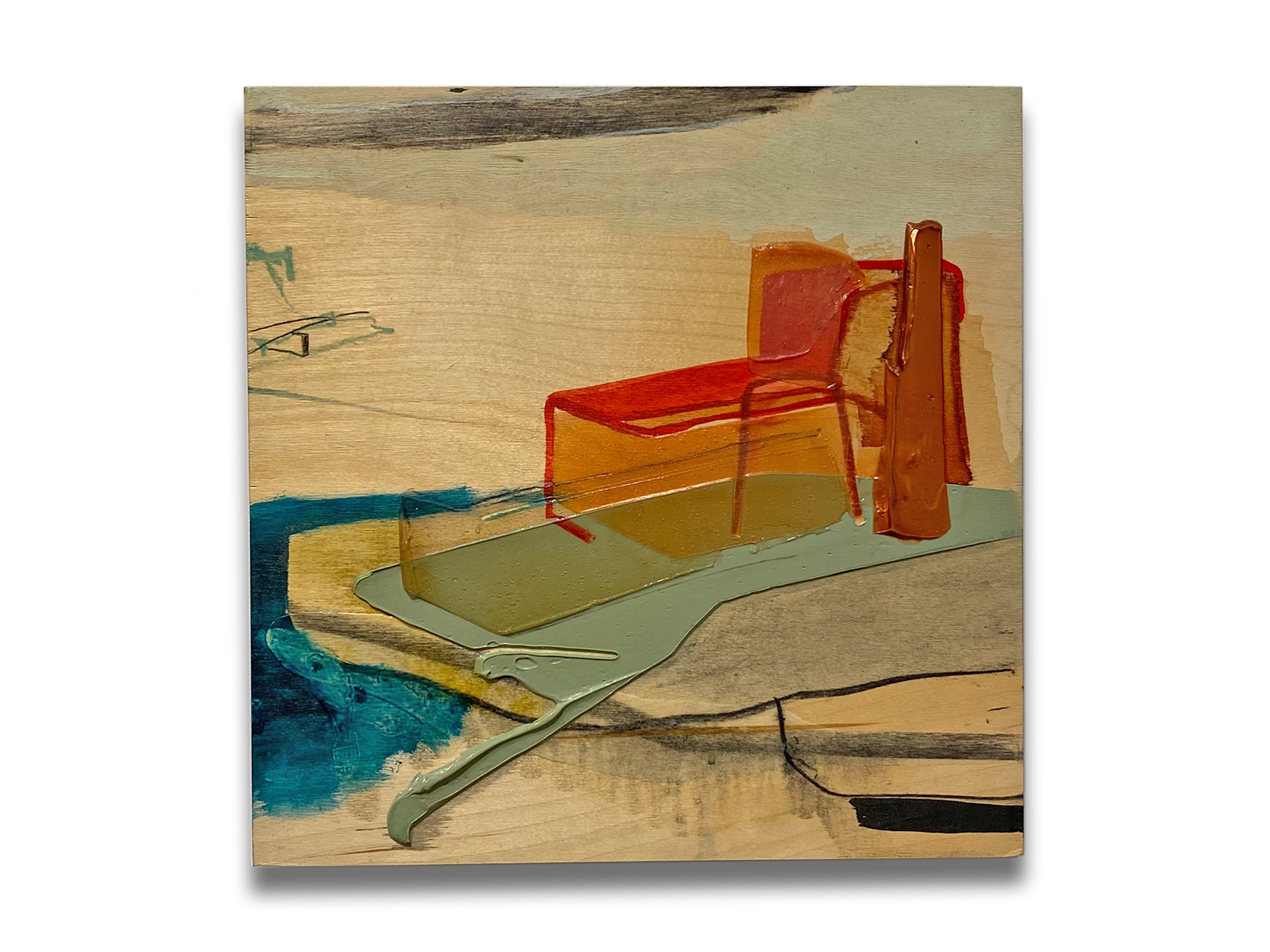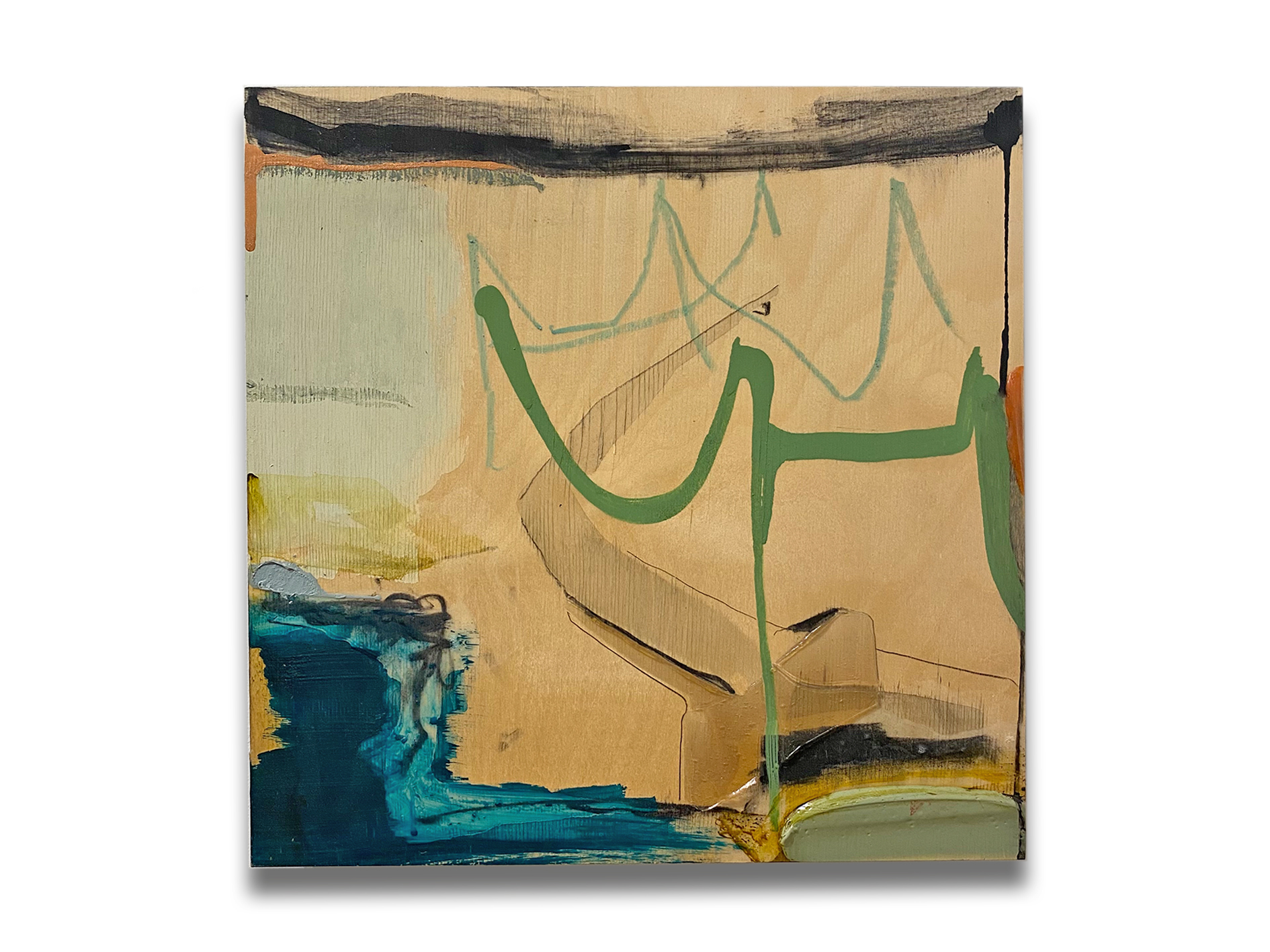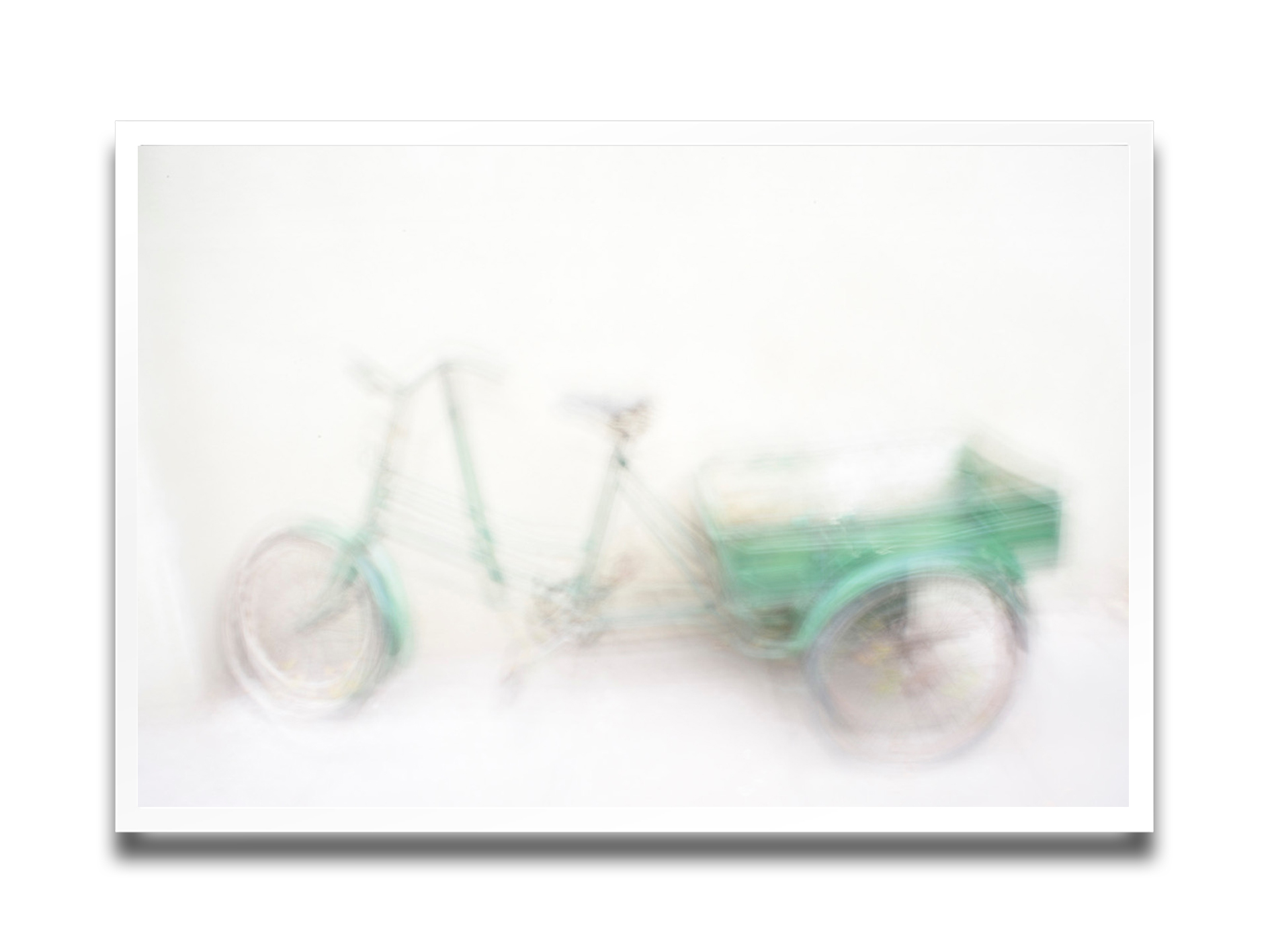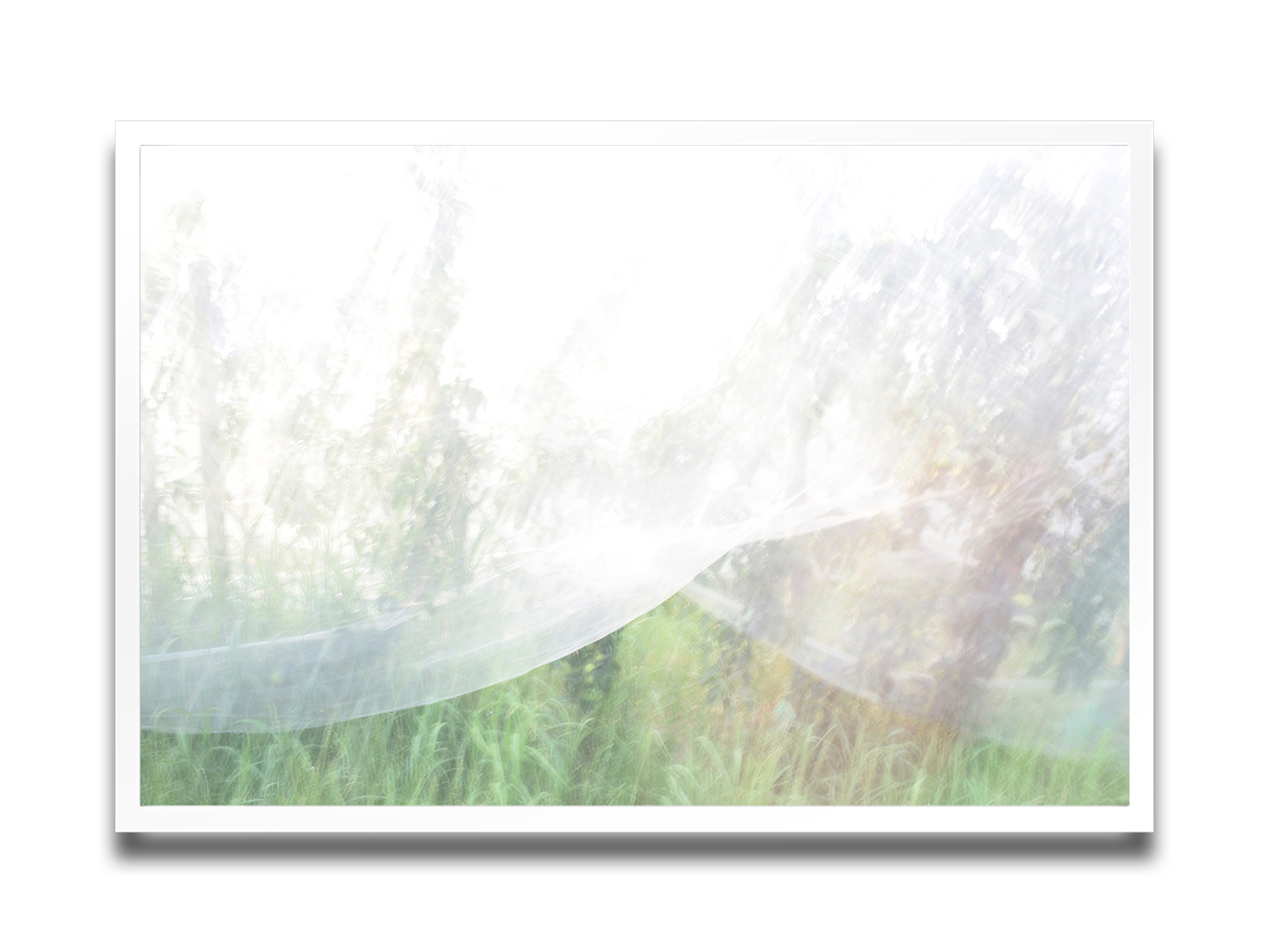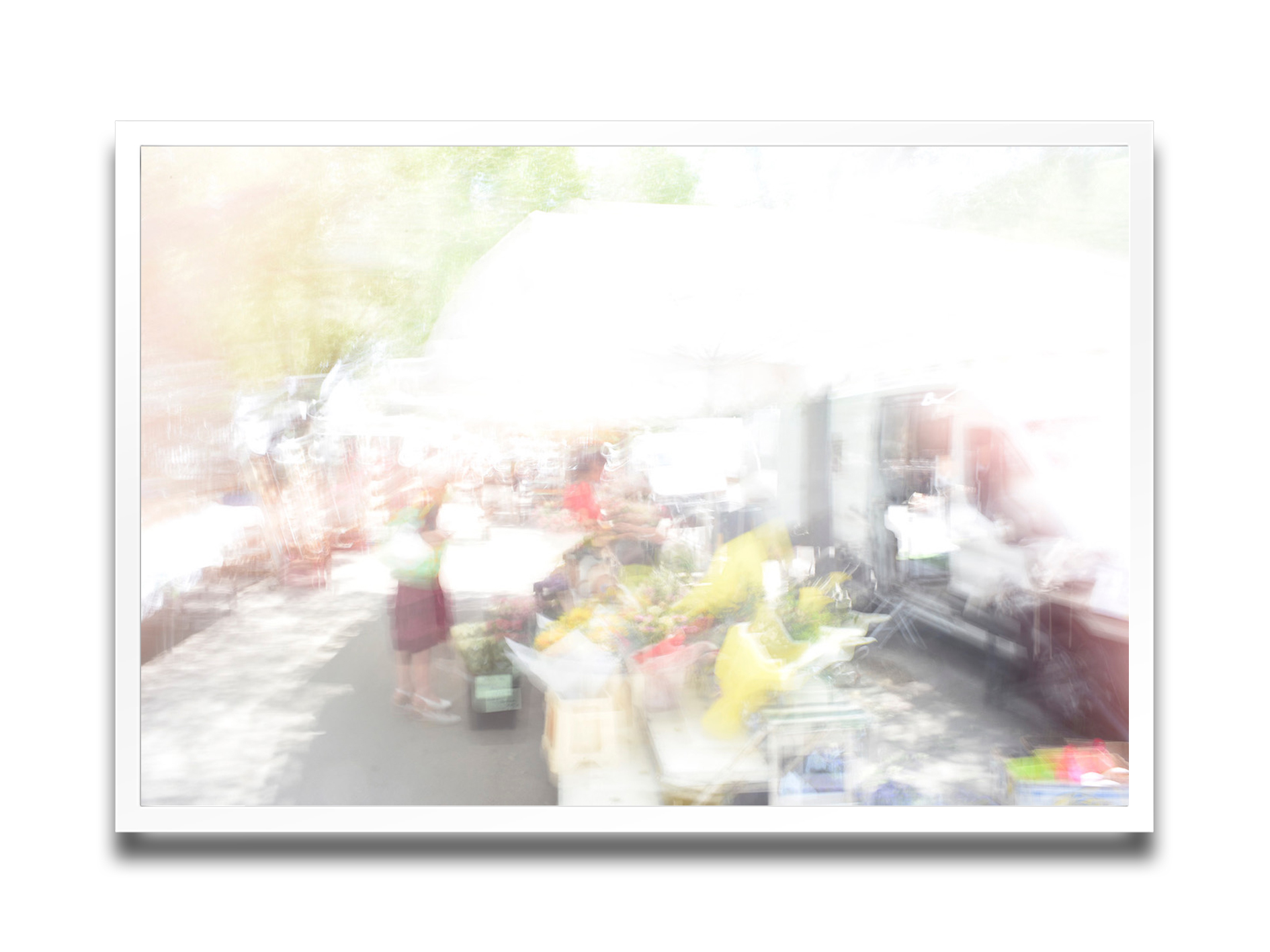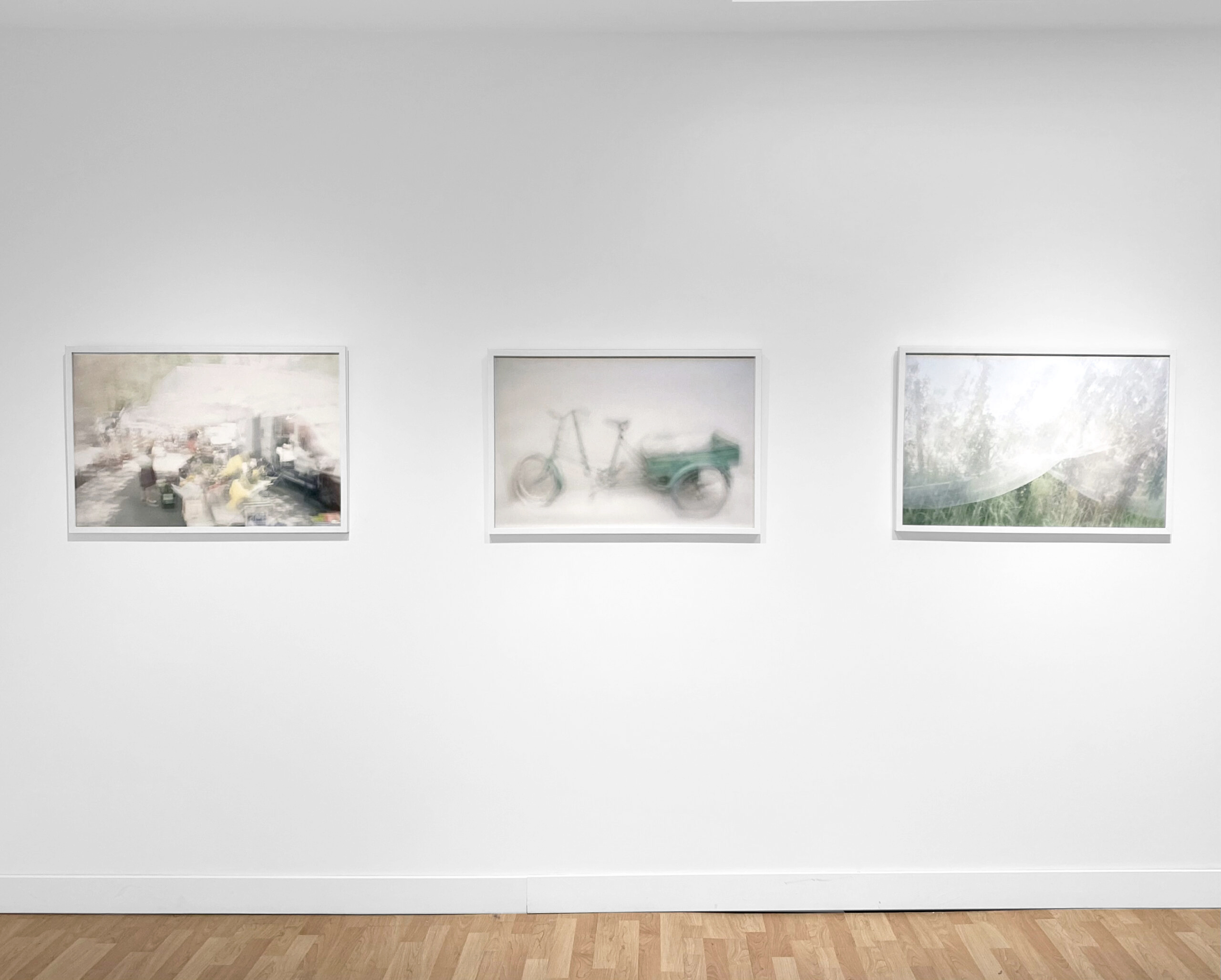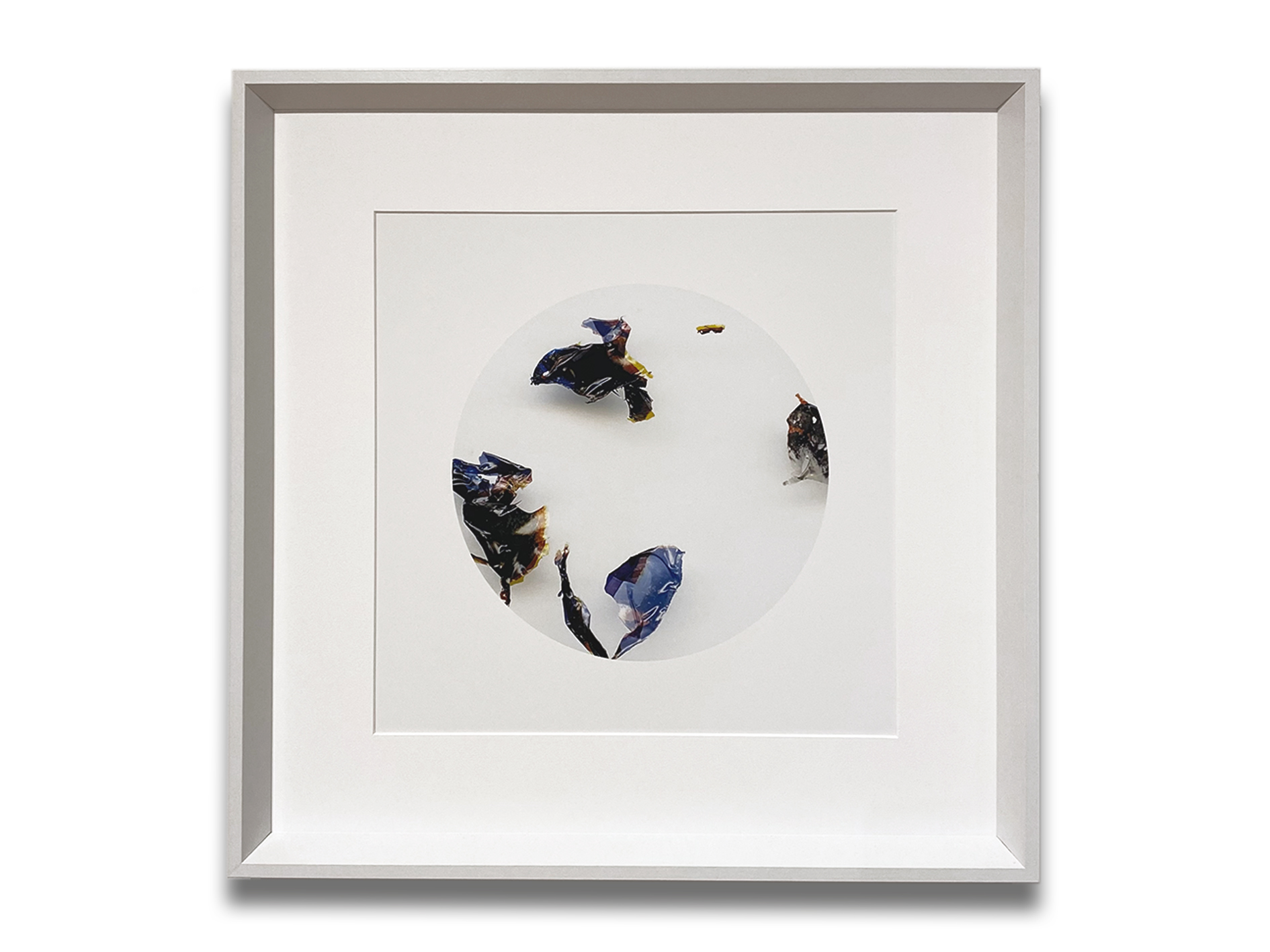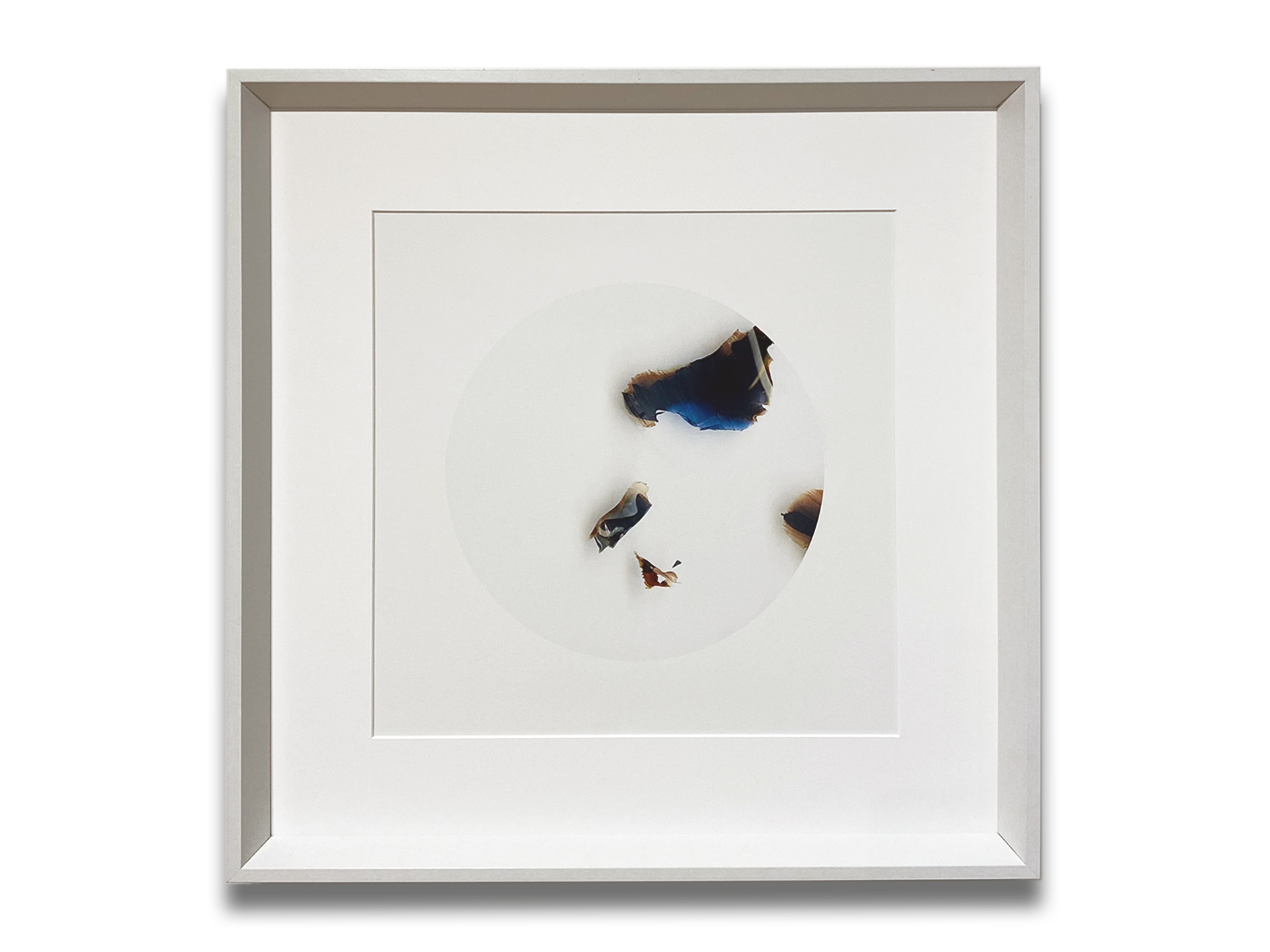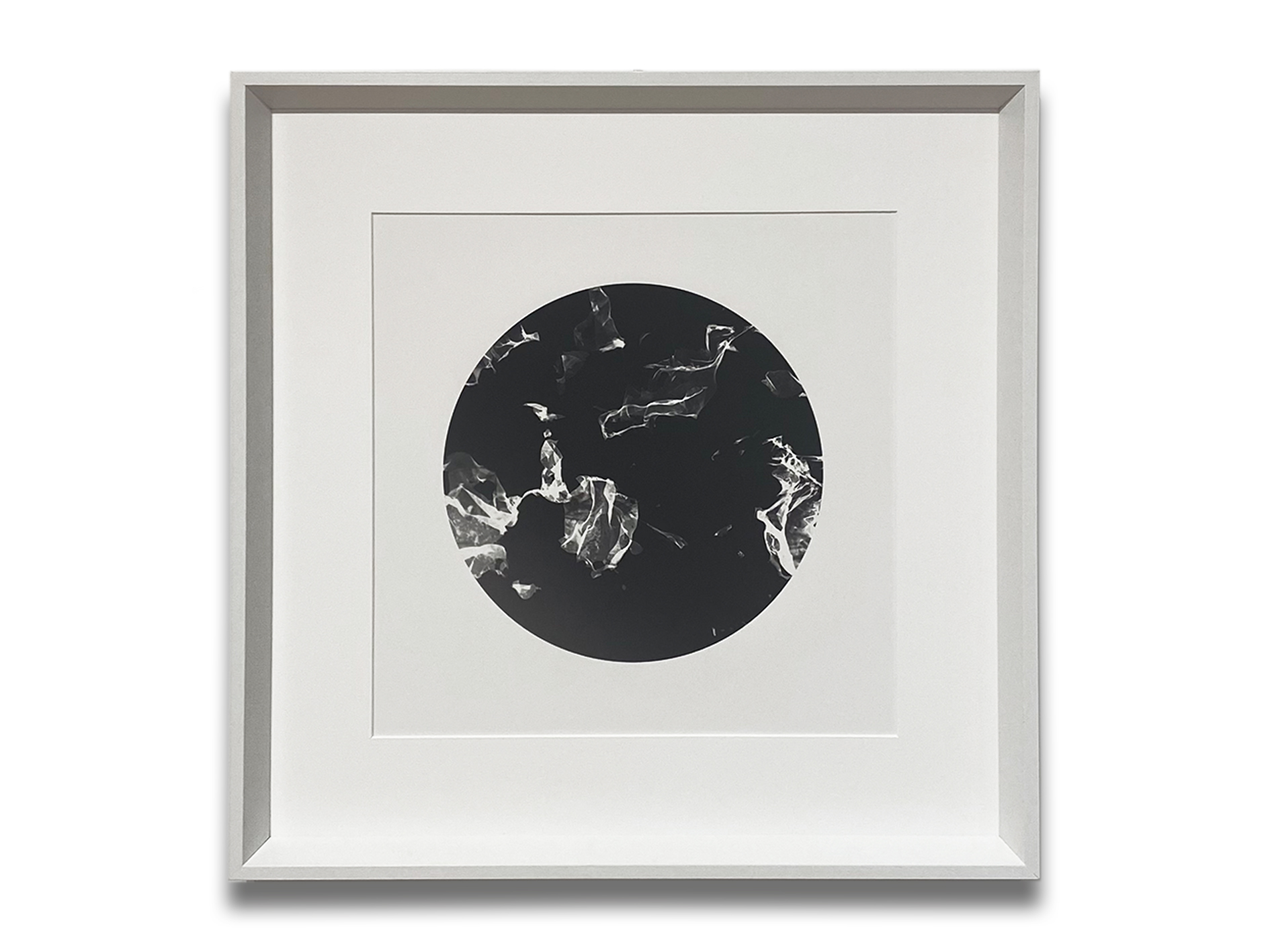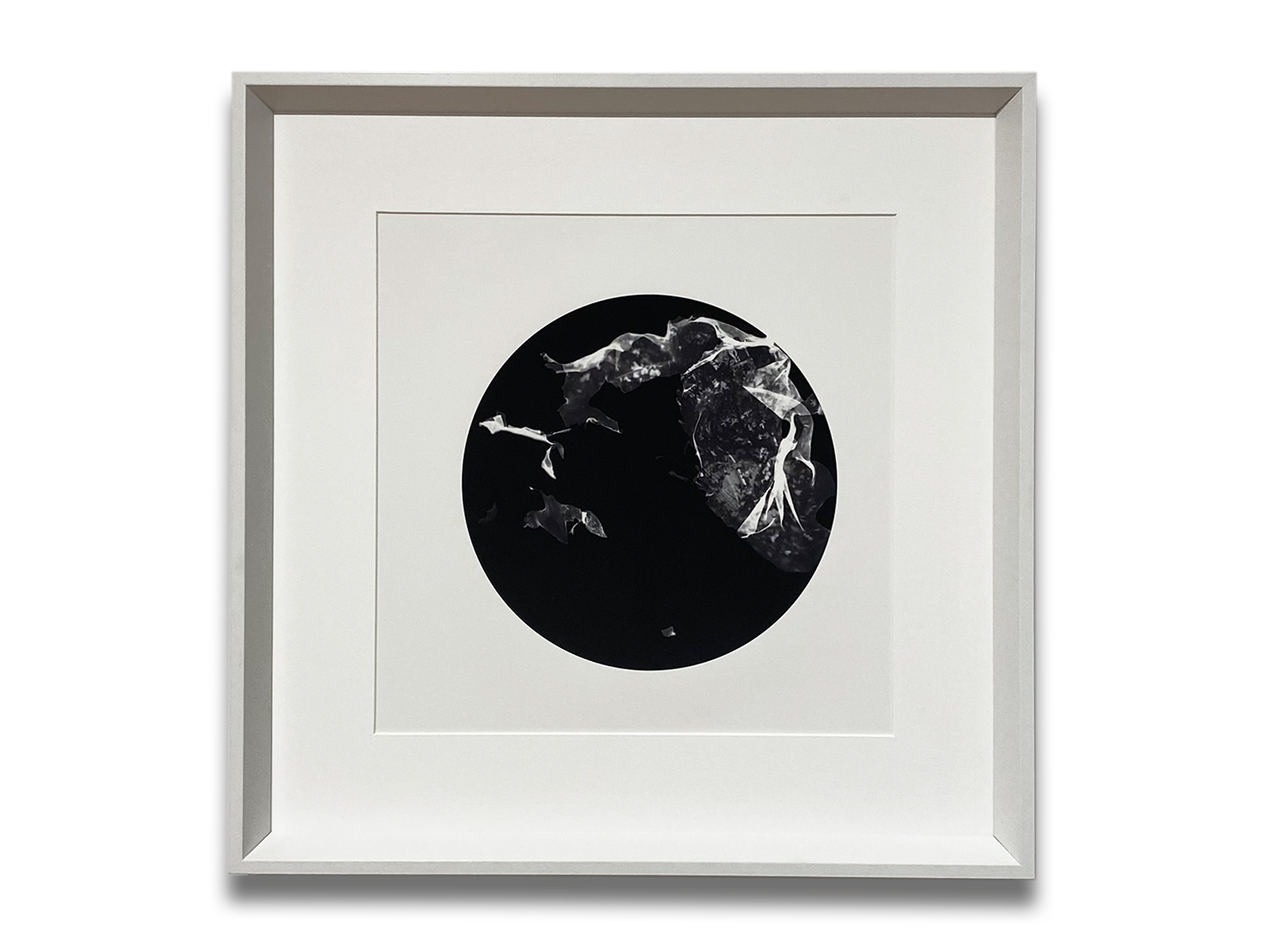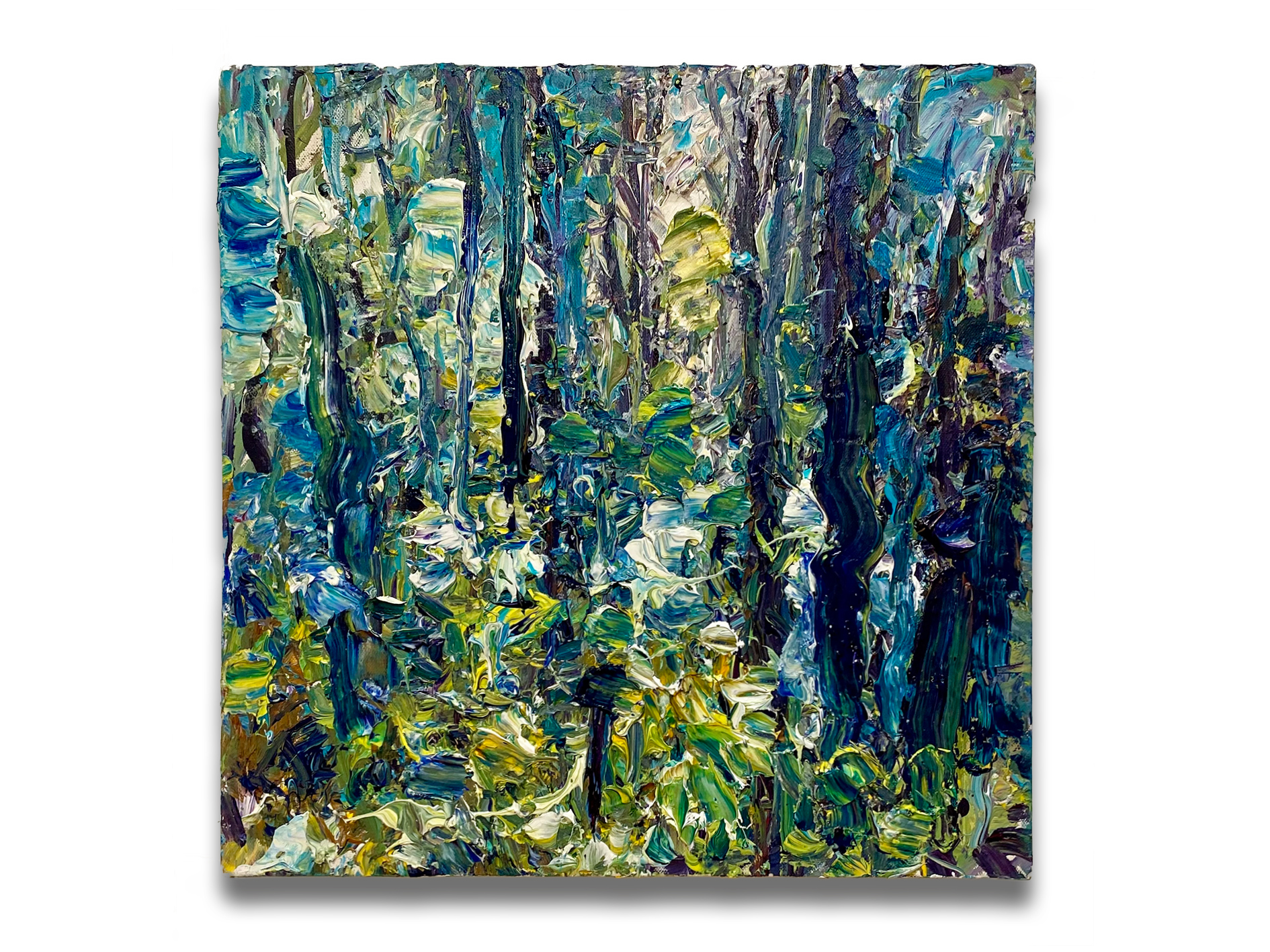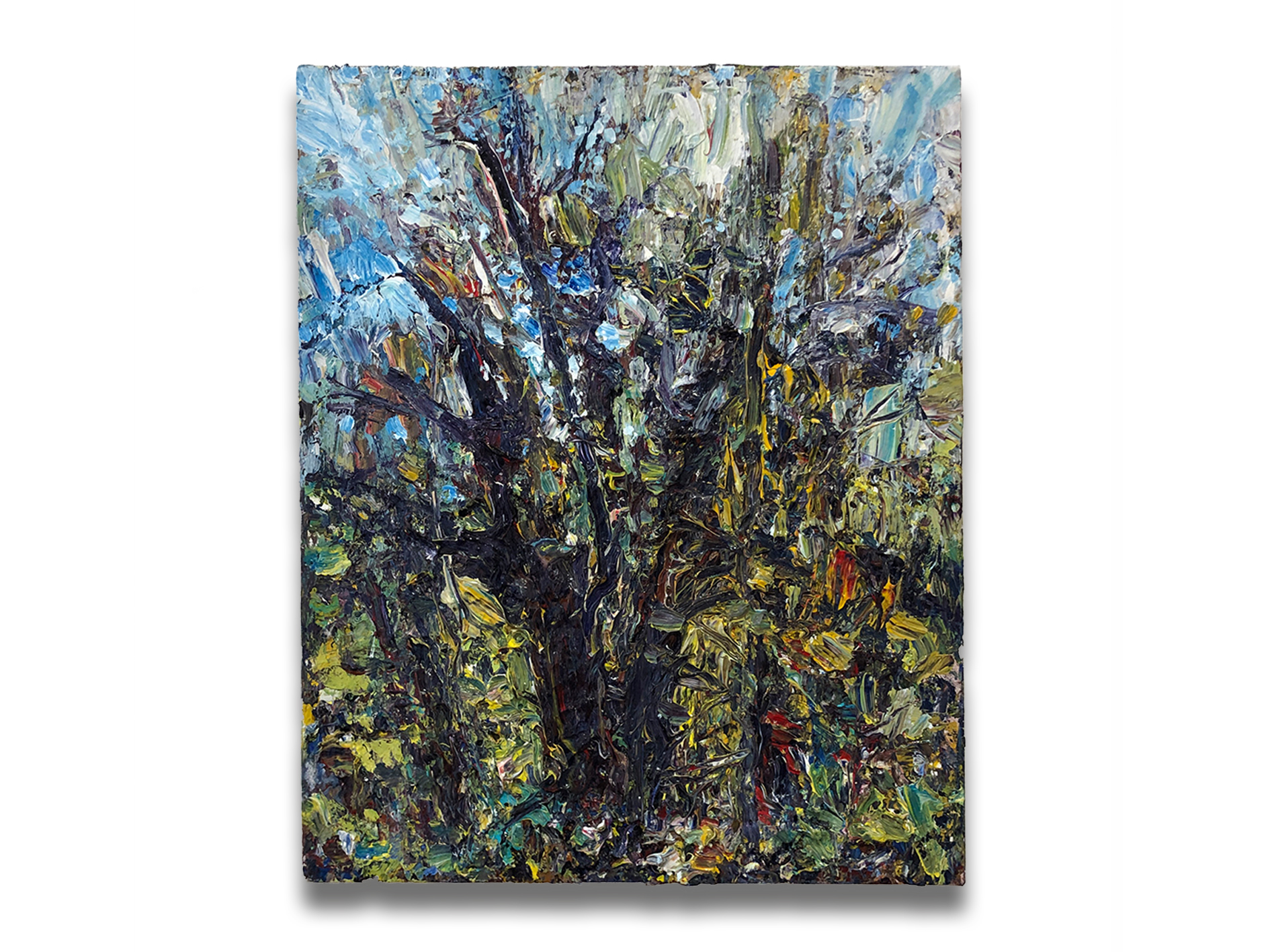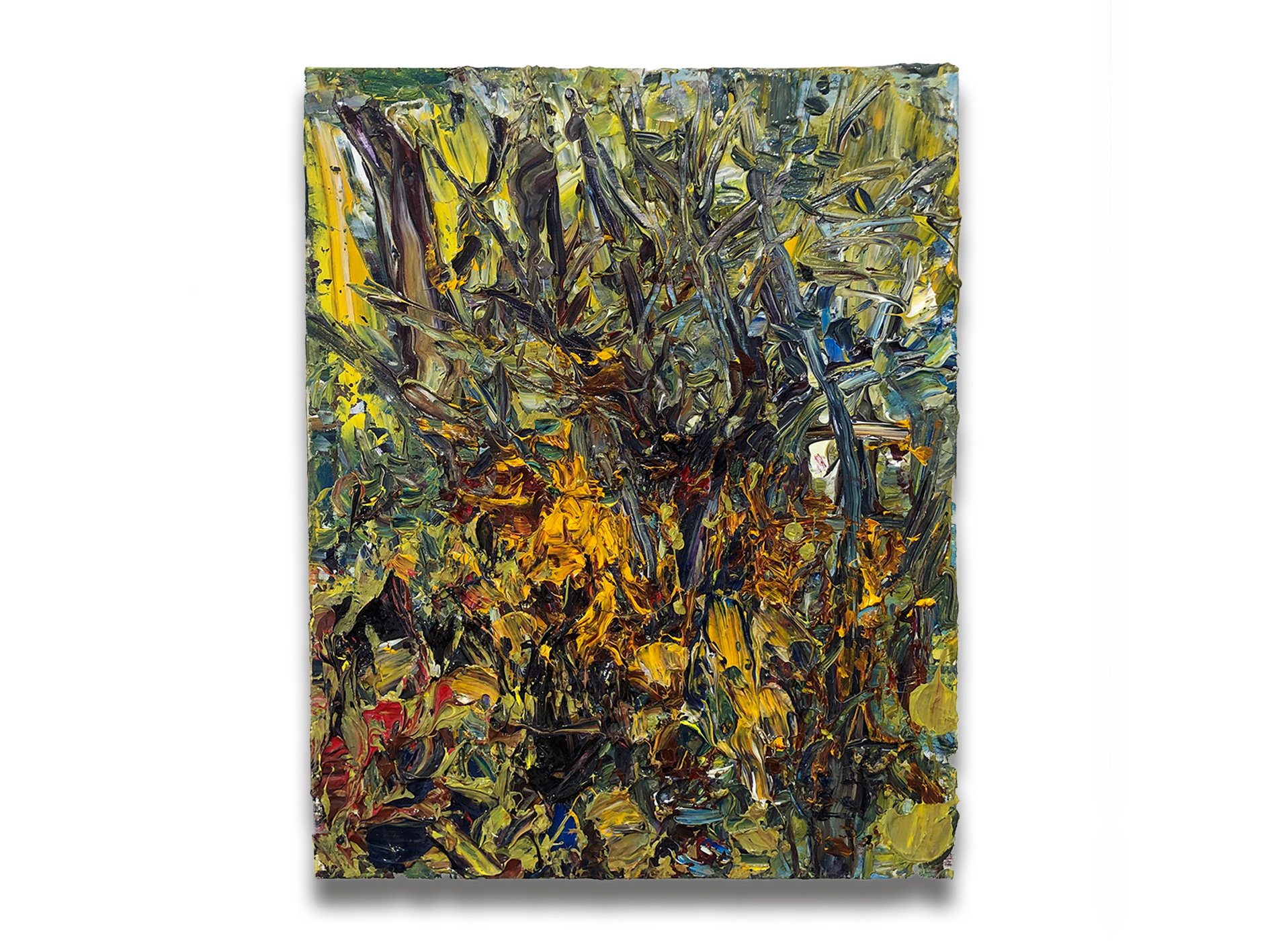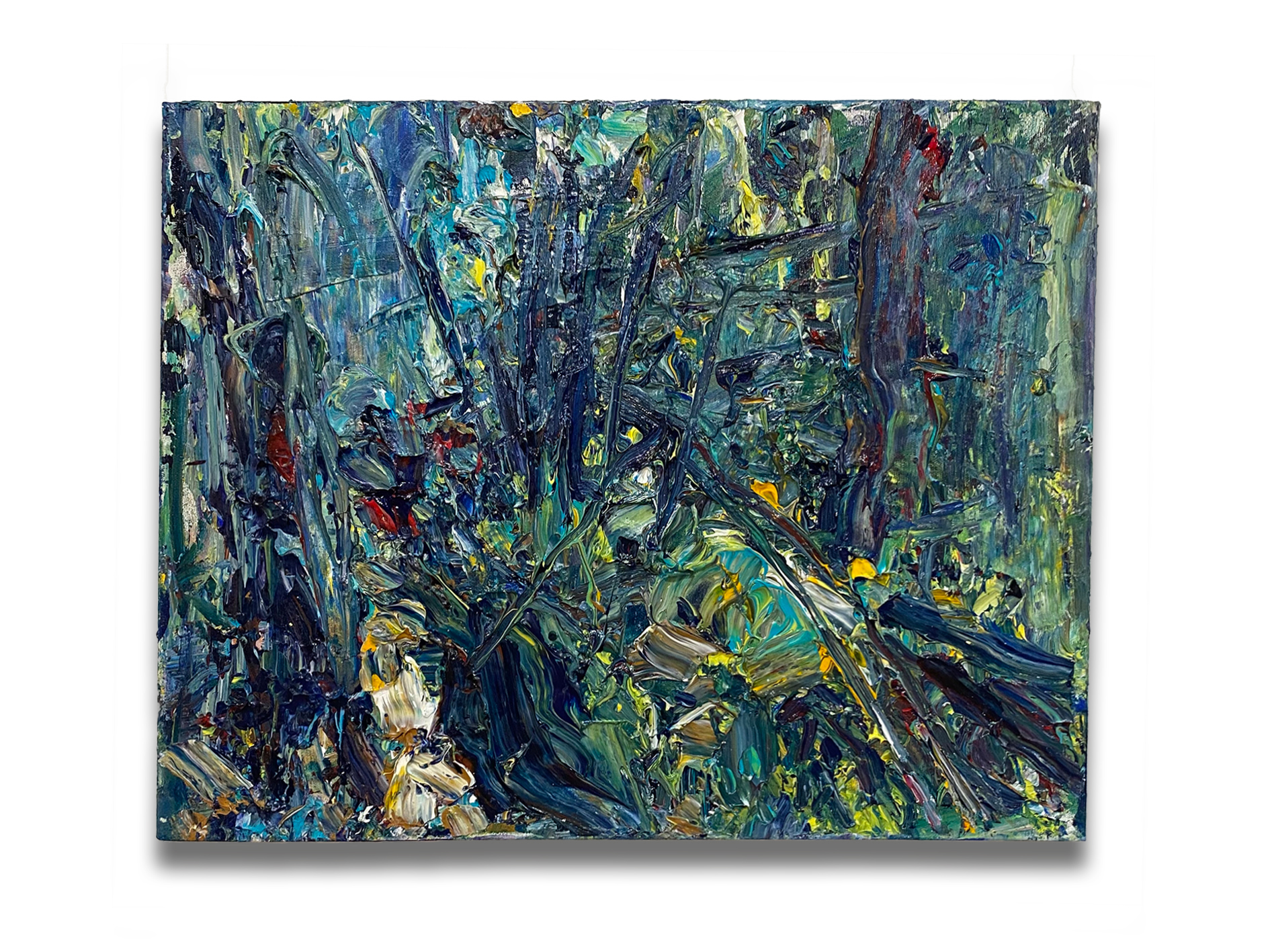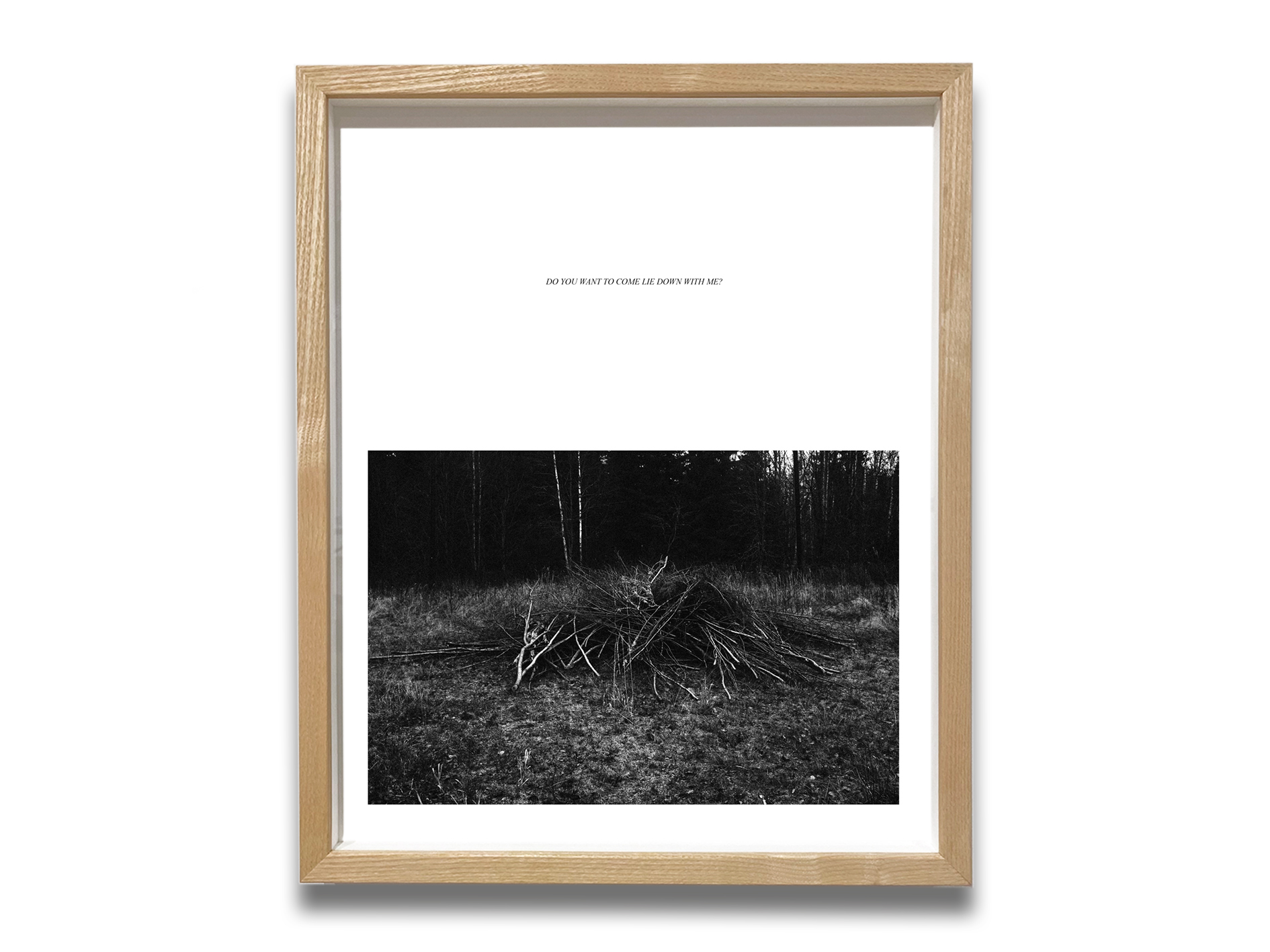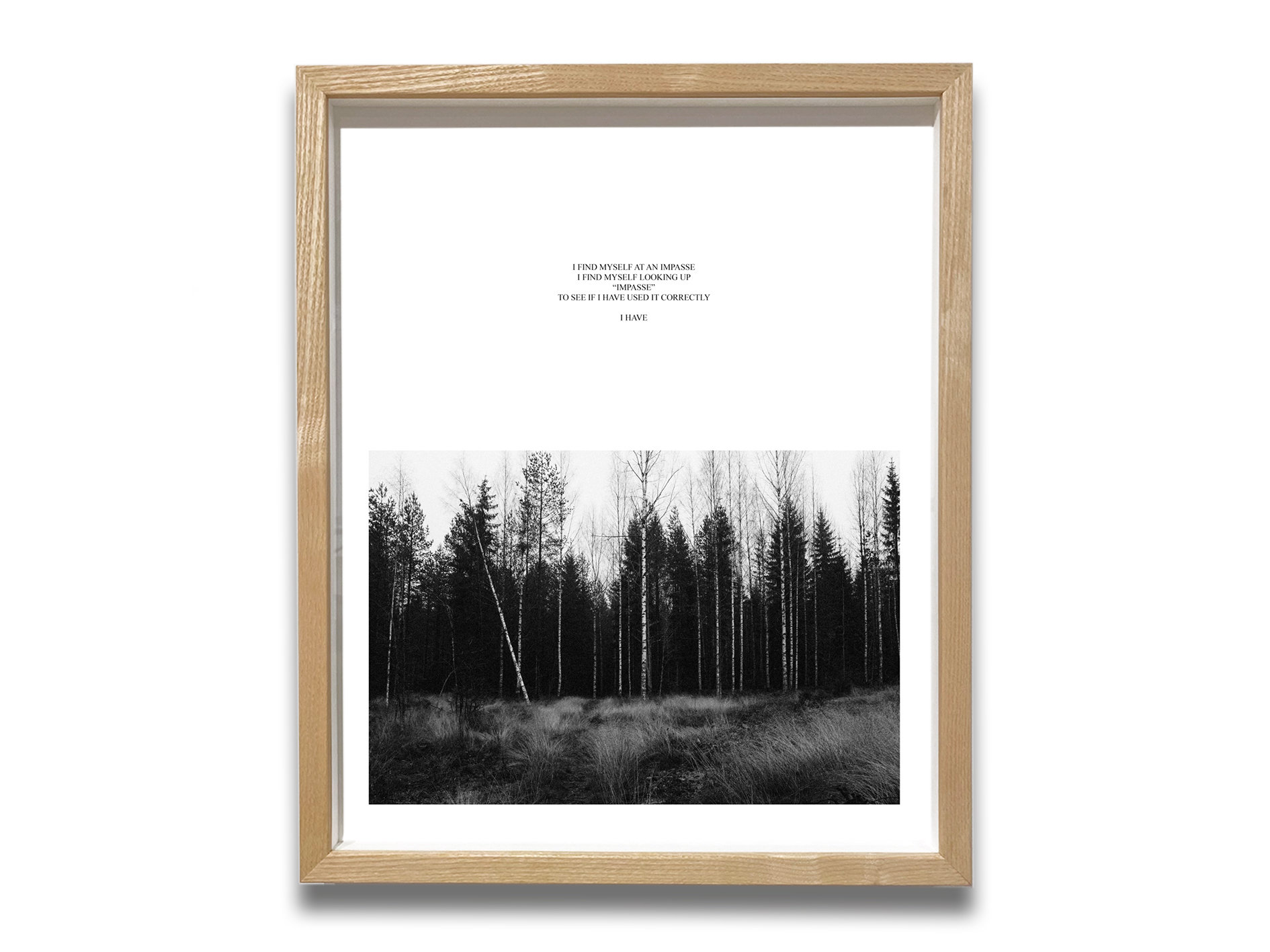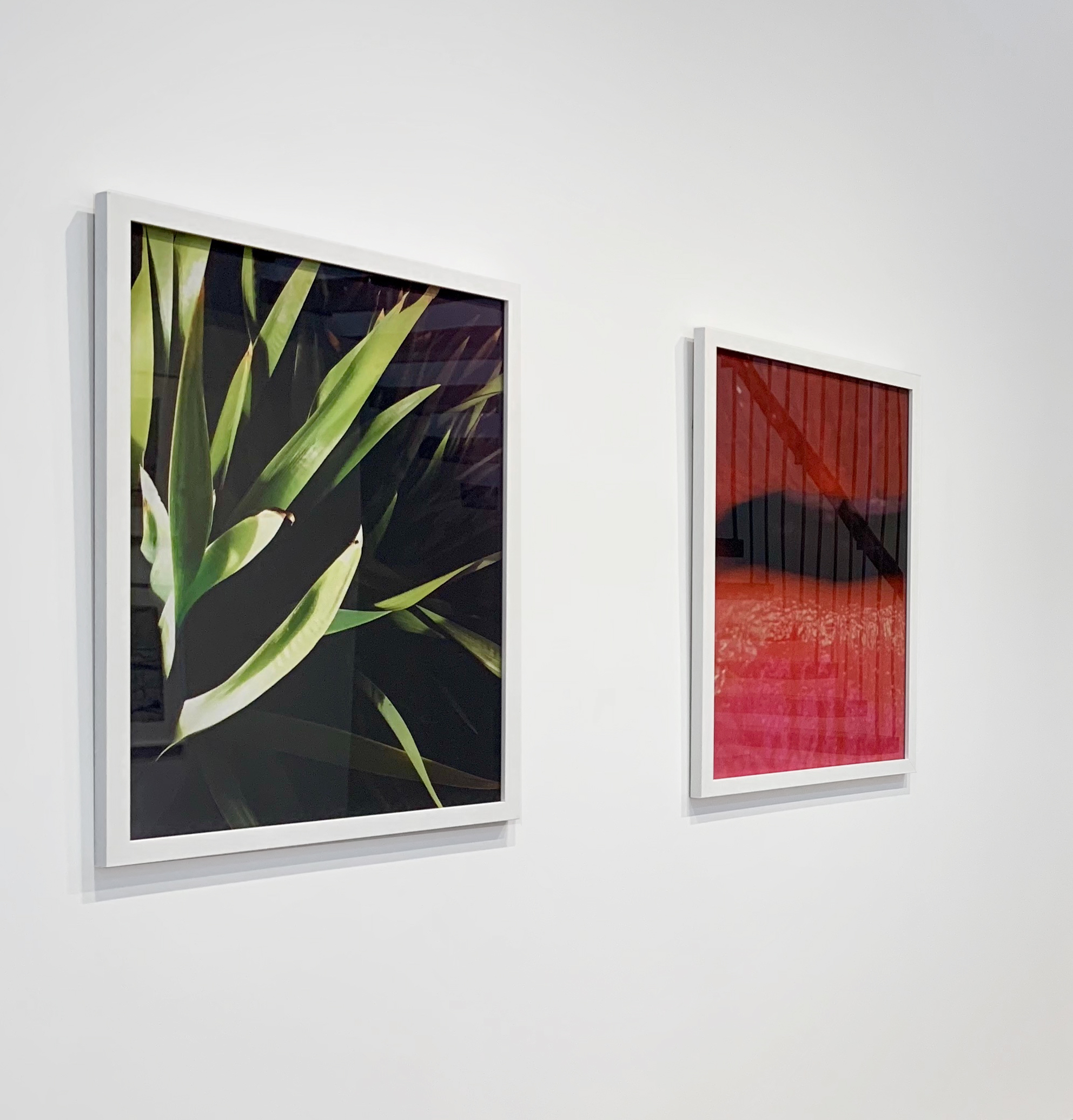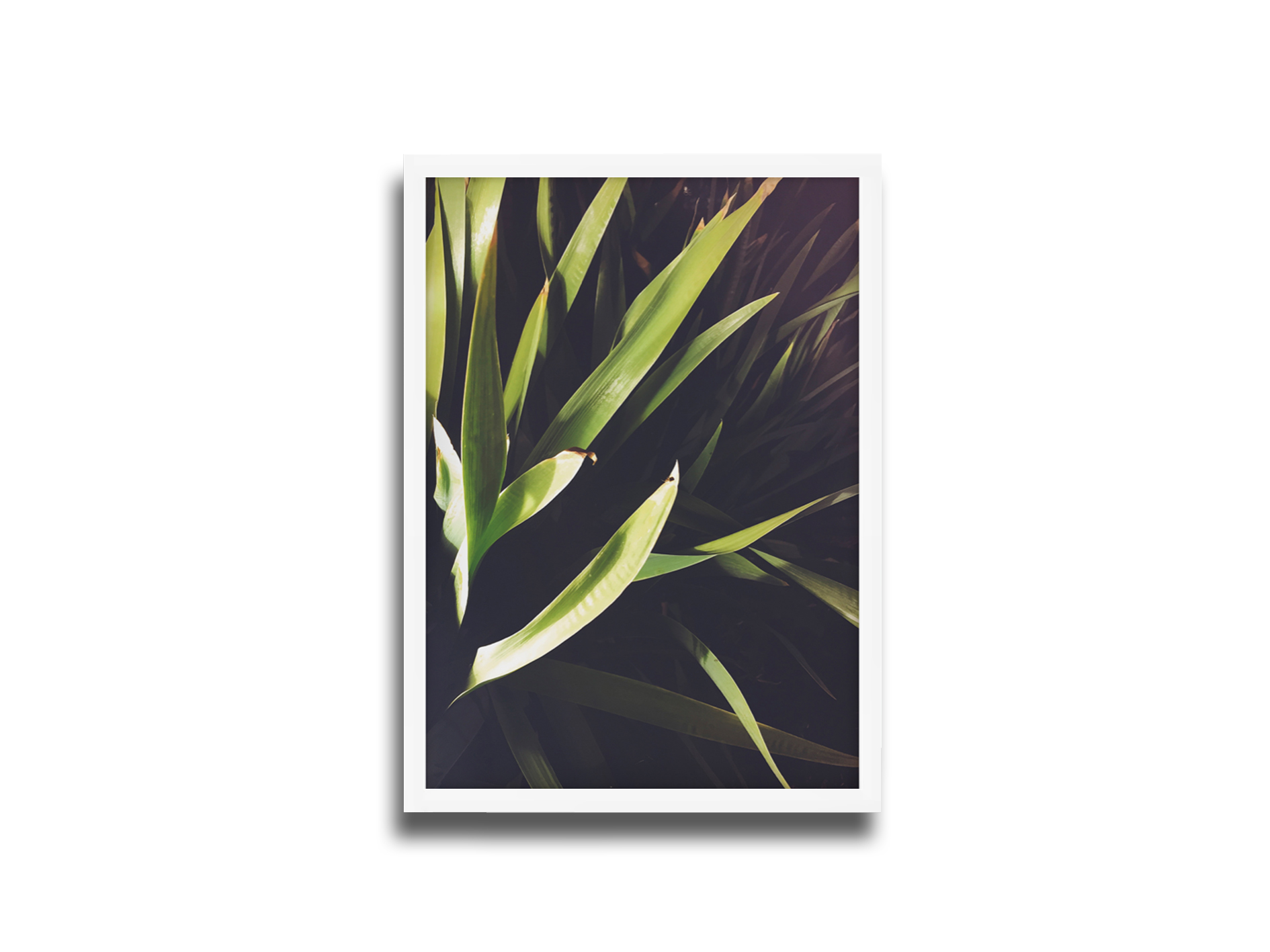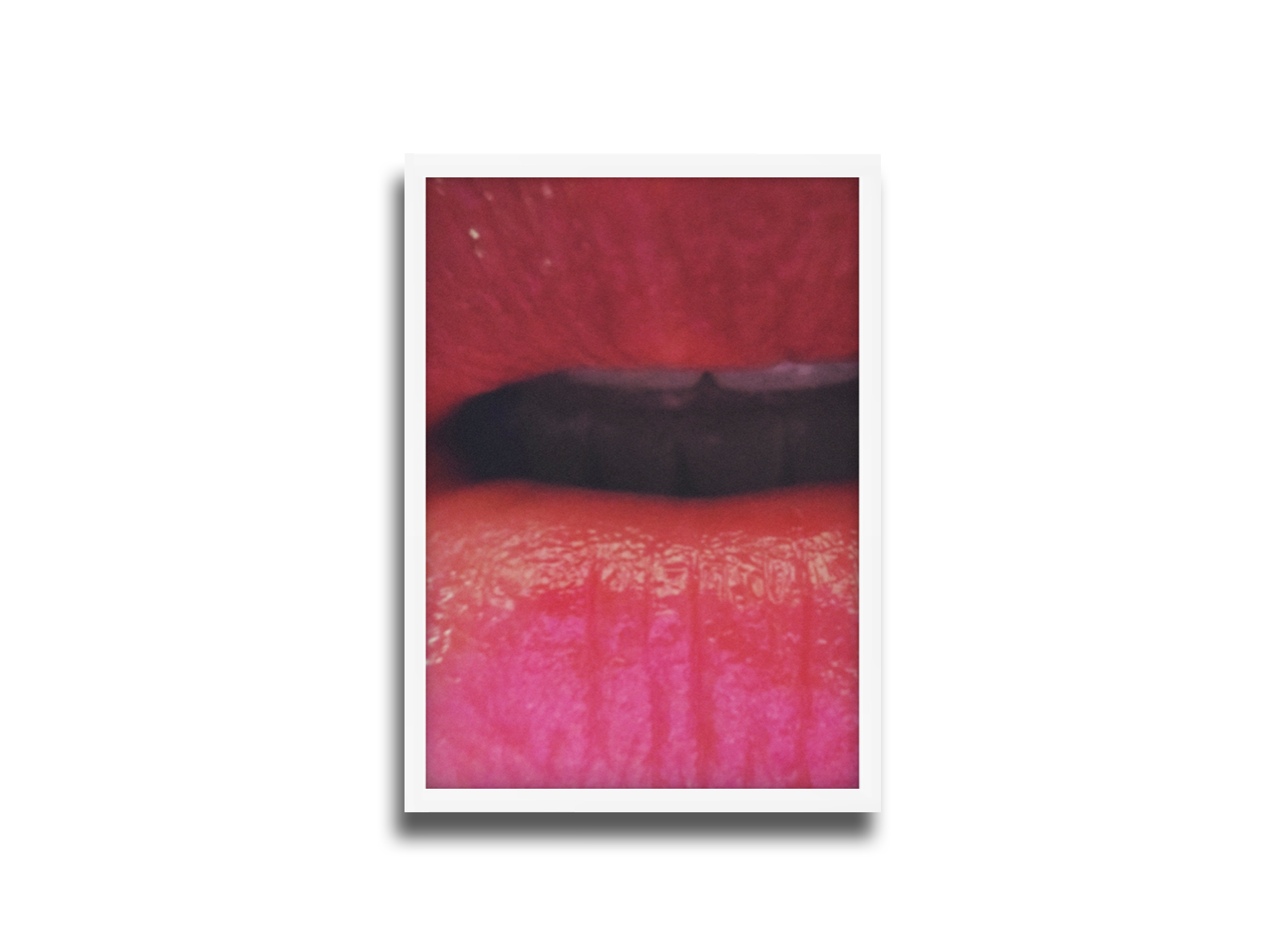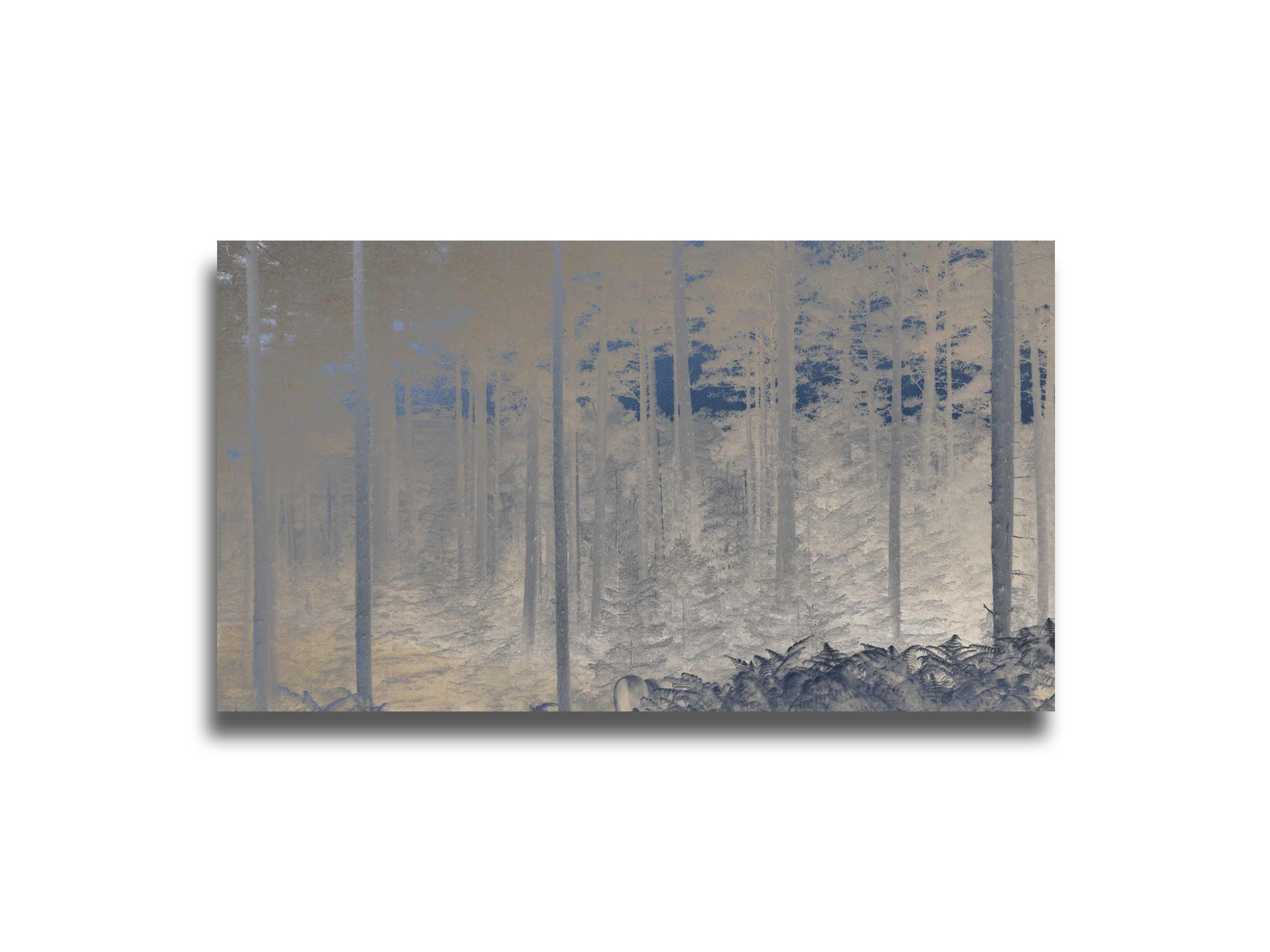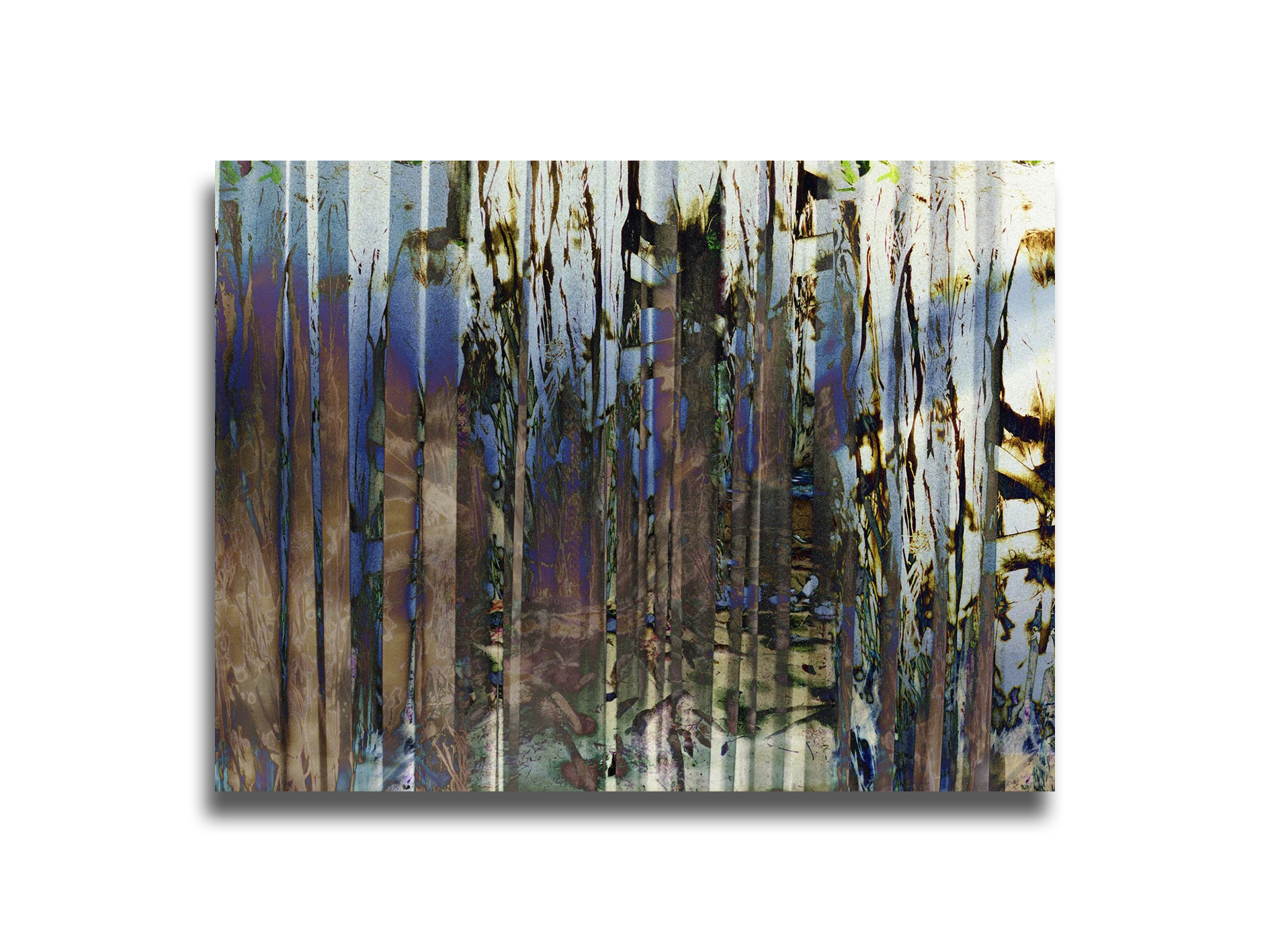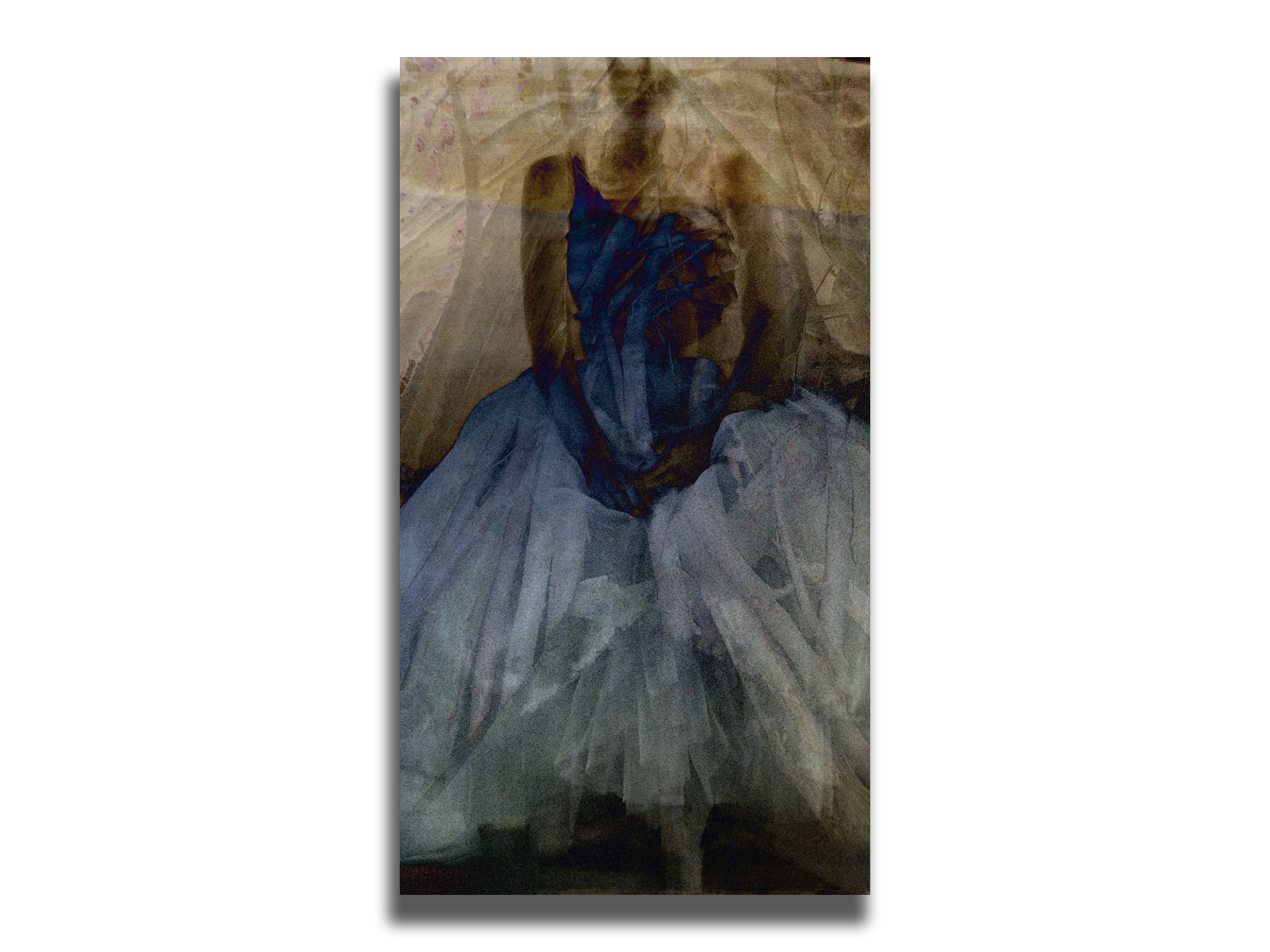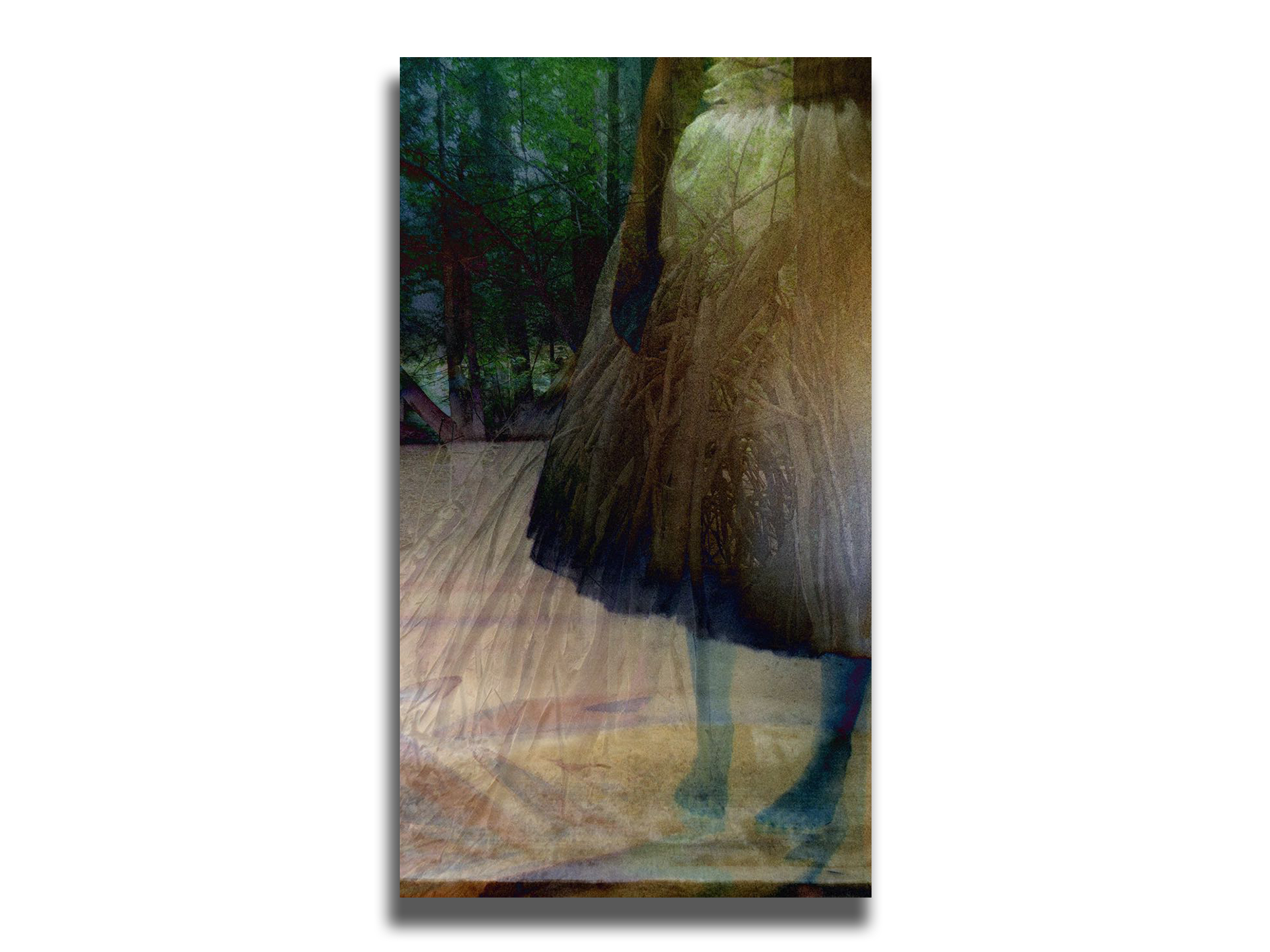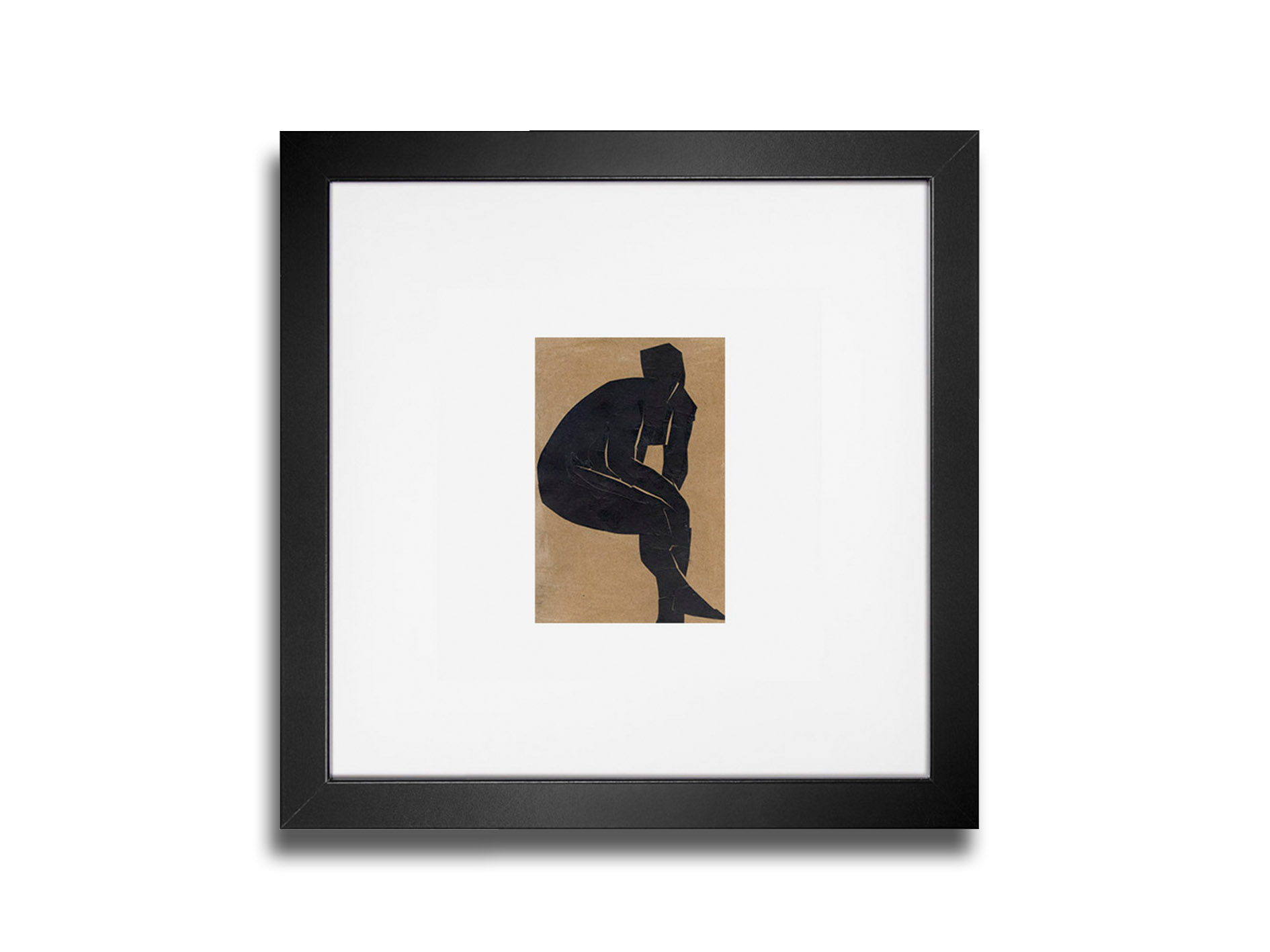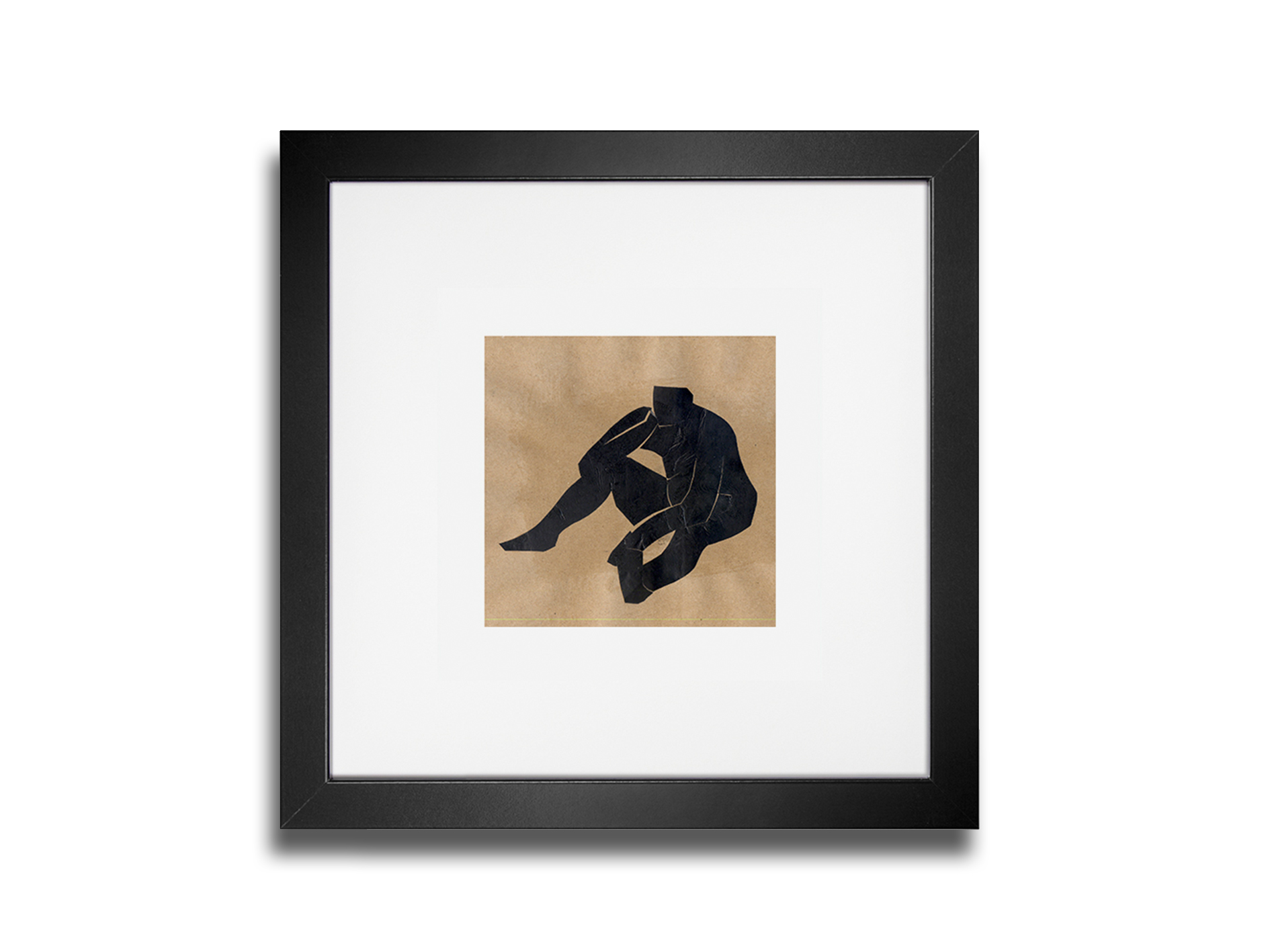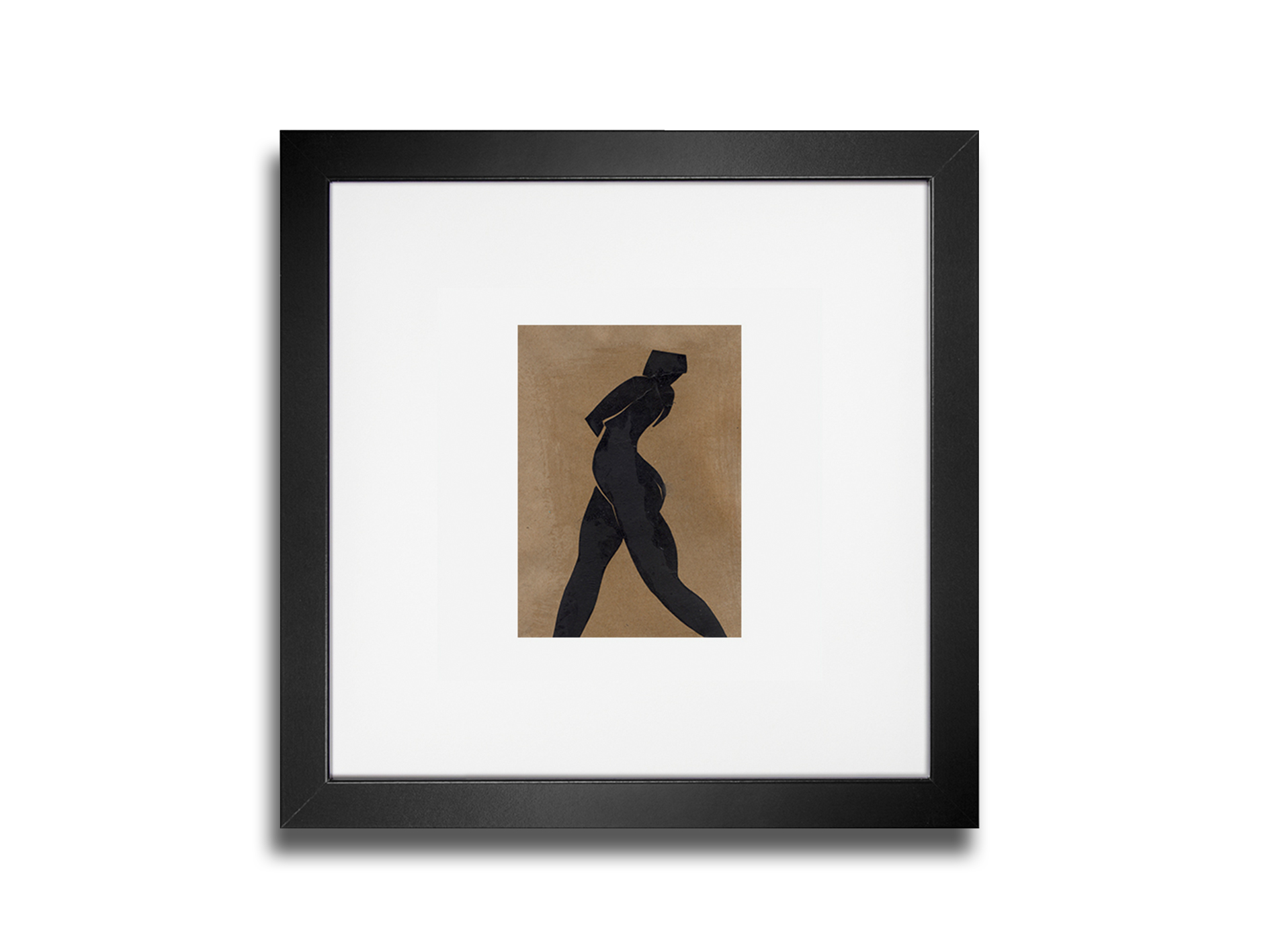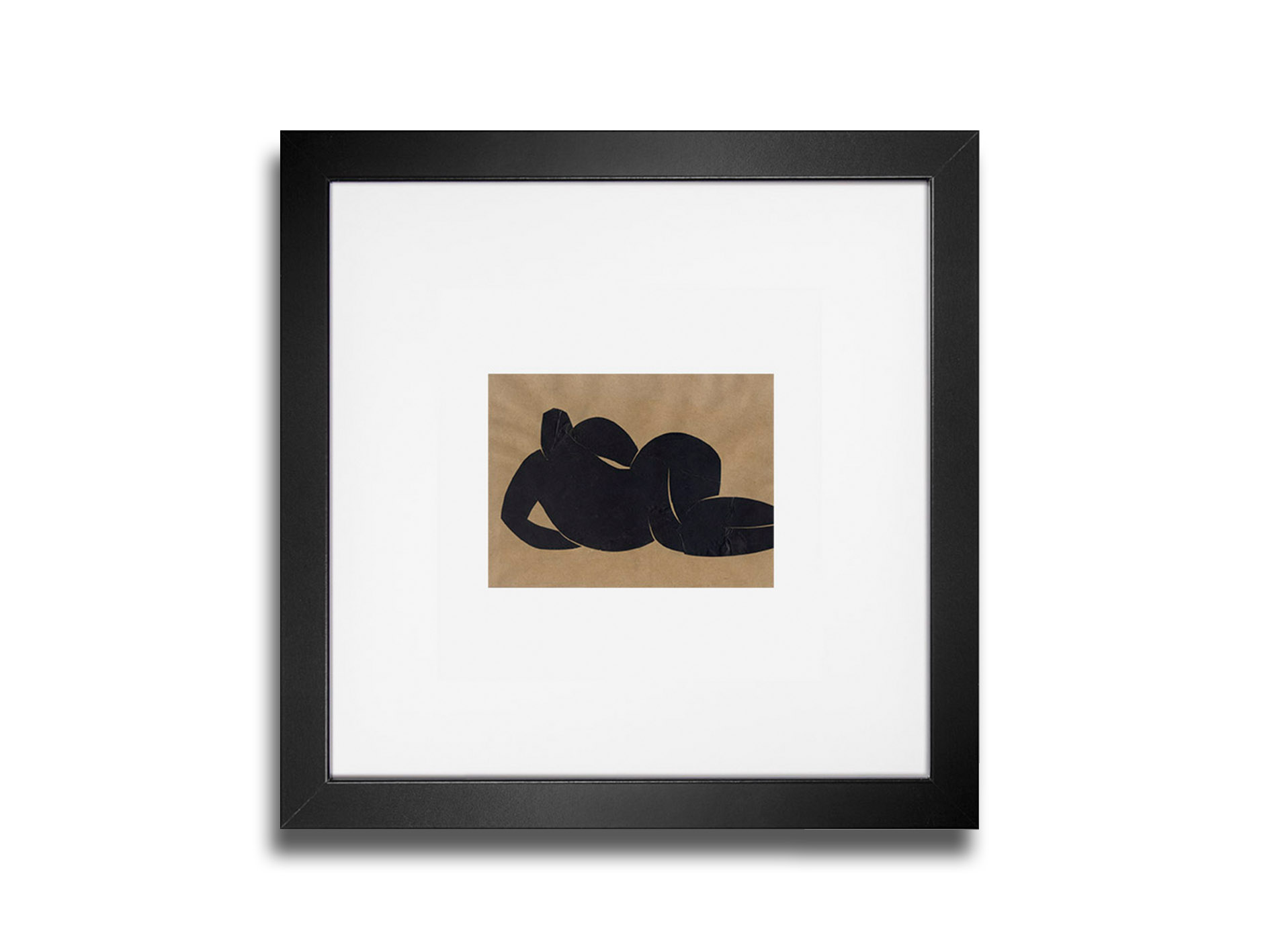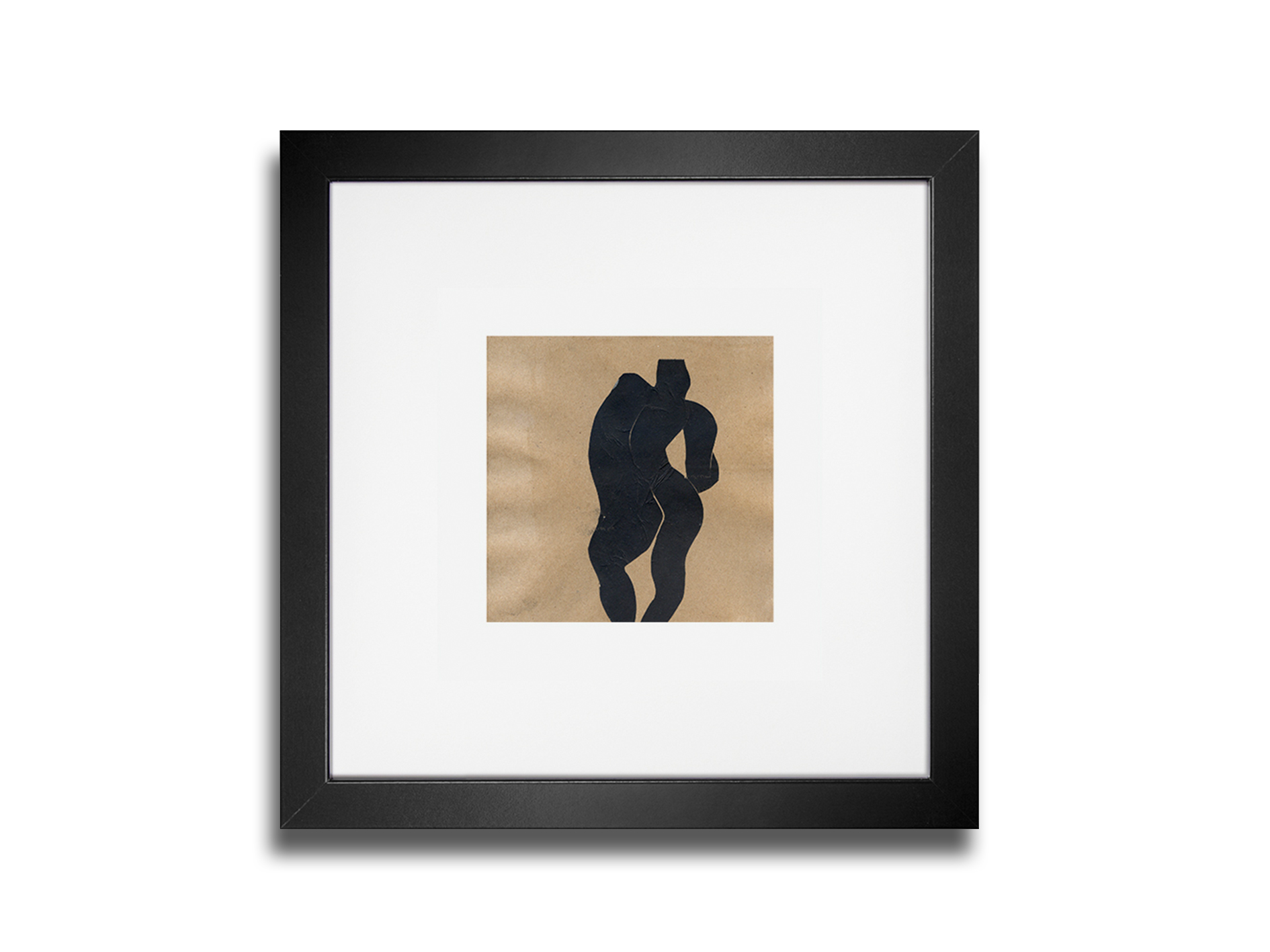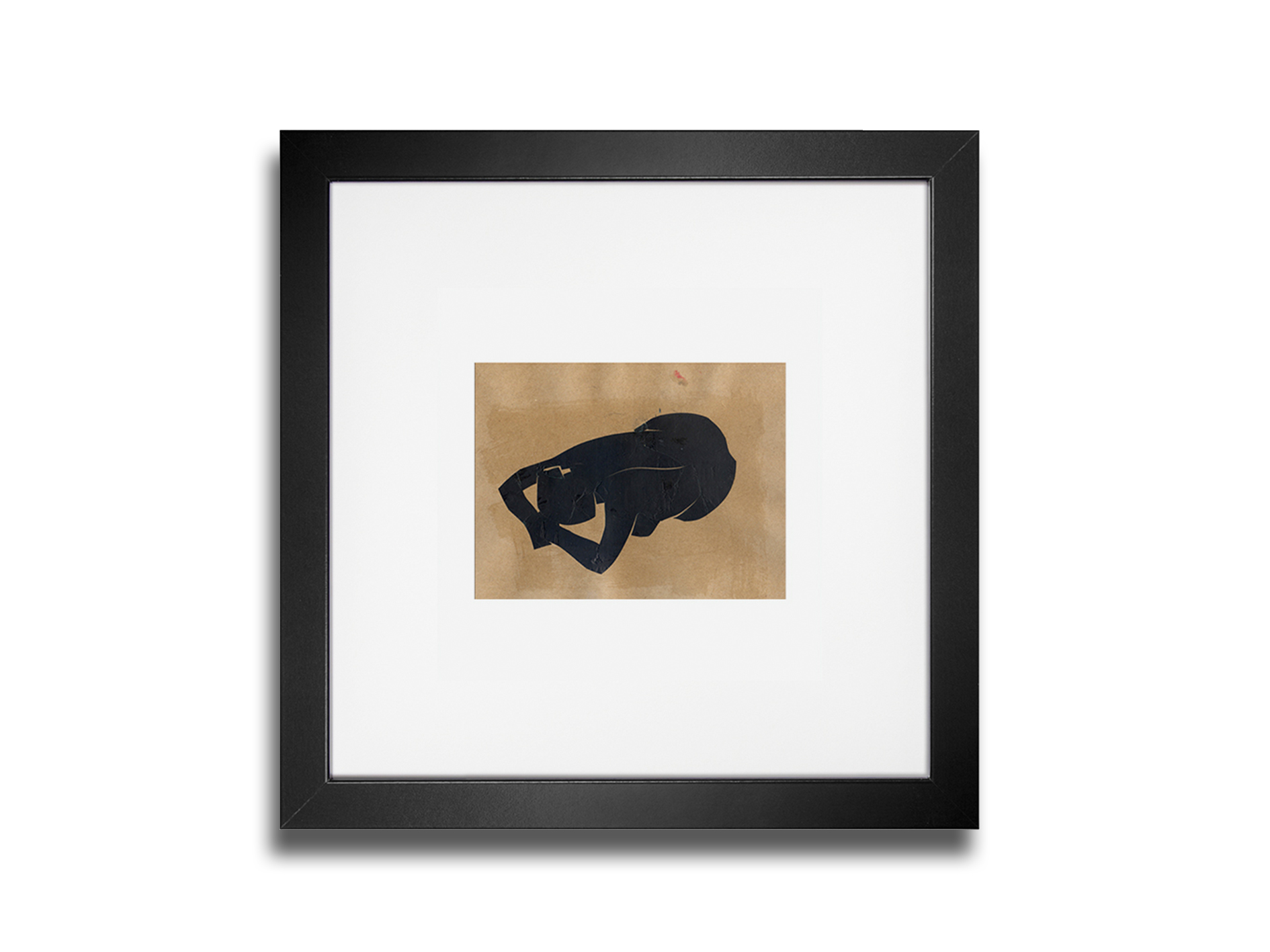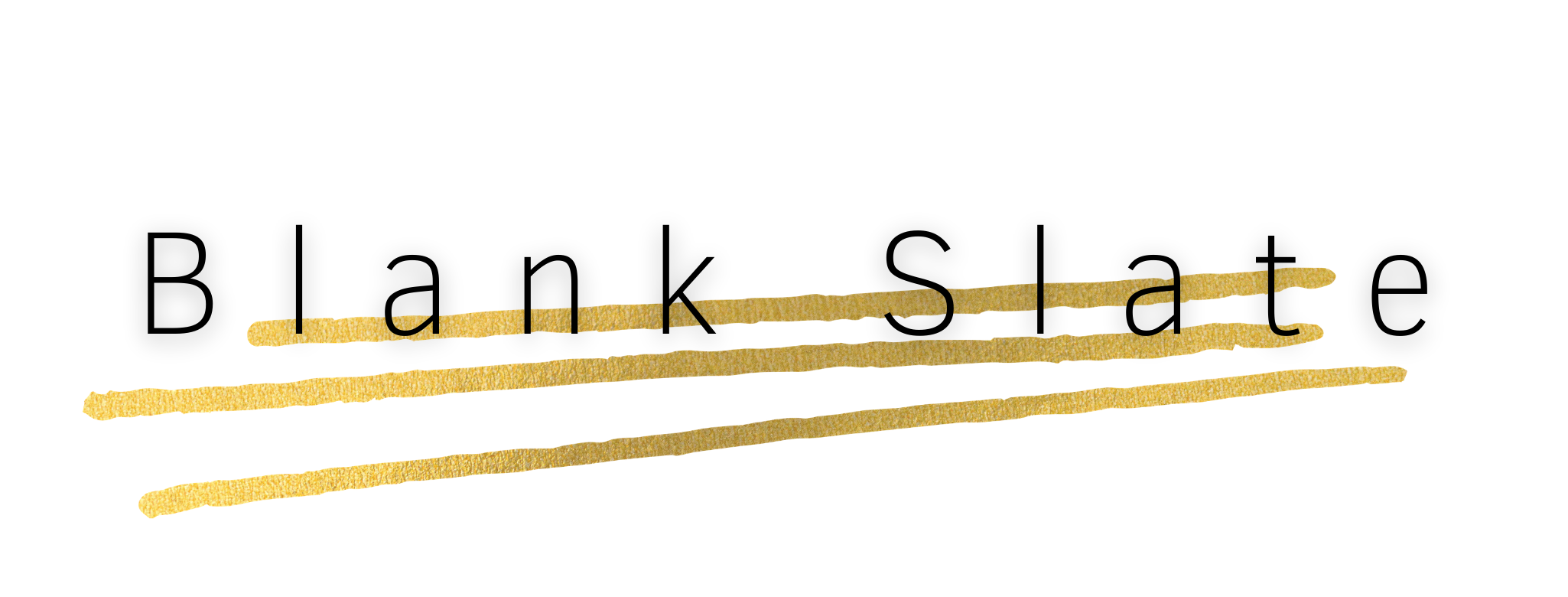
December 7, 2020 – January 22, 2021
Group Exhibition & Art Sale
This Holiday Season,
Give the Gift of Art!
Lonsdale Gallery is pleased to present Blank Slate, an exhibition showcasing affordable works by Gallery and Guest Artists. Featuring a curated selection of exceptional pieces to fit any budget and any home, all priced at $2,000 and below!
As we are spending more and more time at home, now is the perfect occasion to lift your spirits and refresh your walls, while also supporting living artists.
Featuring Works By:
Patrice Charbonneau
Laura Demers
Lisa Johnson
Joan Kaufman
Julia Martin
Jim Reid
Keijo Tapanainen
Annie Taylor
This Holiday Season, Give the Gift of Art!
Lonsdale Gallery is pleased to present Blank Slate, an exhibition showcasing affordable works by Gallery and Guest Artists. Featuring a curated selection of exceptional pieces to fit any budget and any home, all priced at $2,000 and below!
As we are spending more and more time at home, now is the perfect occasion to lift your spirits and refresh your walls, while also supporting living artists.
Featuring Works By:
Patrice Charbonneau
Laura Demers
Lisa Johnson
Joan Kaufman
Julia Martin
Jim Reid
Keijo Tapanainen
Annie Taylor
Laura Demers
Laura Demers’s practice engages both painting and collage. Her mixed-media works use image fragments to create surrealist landscapes. Though her compositions are richly layered and brightly coloured, they are not calm pastorals. Rather, Demers’s land constructions play with the imaginary, the fabricated and the intangible. The spaces in her work aren’t easy, they force us to look. Just when the eye picks up on a hint of foliage or a grassy knoll, her obliterating gestural abstraction carries us into a new space. Demers’s unstable landscapes speak to a double-edged relationship with land somewhere between reverence and instability.

Laura Demers, Halfspace & Belvadere, 2015
(Installation View), Lonsdale Gallery
Lisa Johnson
Lisa Johnson is a Canadian painter whose work explores space and the passage of time over an evolving landscape. Johnson has been painting Canadian landscapes for over 20 years. Her paintings express the movement and poetry of landscape, weaving geographic, corporeal, and abstract sensibilities through layers of atmospheric grounds and gestural drawing. Her landscape abstractions are created through an improvisational process, allowing fragments of experience, memories, and emotions to emerge from the subconscious. For Johnson, this painting process allows her to create lyrical worlds that speak to the relationship between the artist and the land.
Patrice Charbonneau
Montreal painter Patrice Charbonneau explores how built architectural environments are influenced by culture, habits, and experience. Influenced by his architectural practice, Charbonneau’s semi abstract renderings of interior spaces capture the intersection between the ways space is imagined, adapted, and inhabited. Charbonneau embraces abstraction as a way of conjuring the particular feeling evoked by a site. His compositions act as a form of visual mapping, which emphasizes that lived space is never neutral. His unique aesthetic sensitivity to rendering space invites viewers into his multi-layered narratives via his sophisticated network of lines and planes.
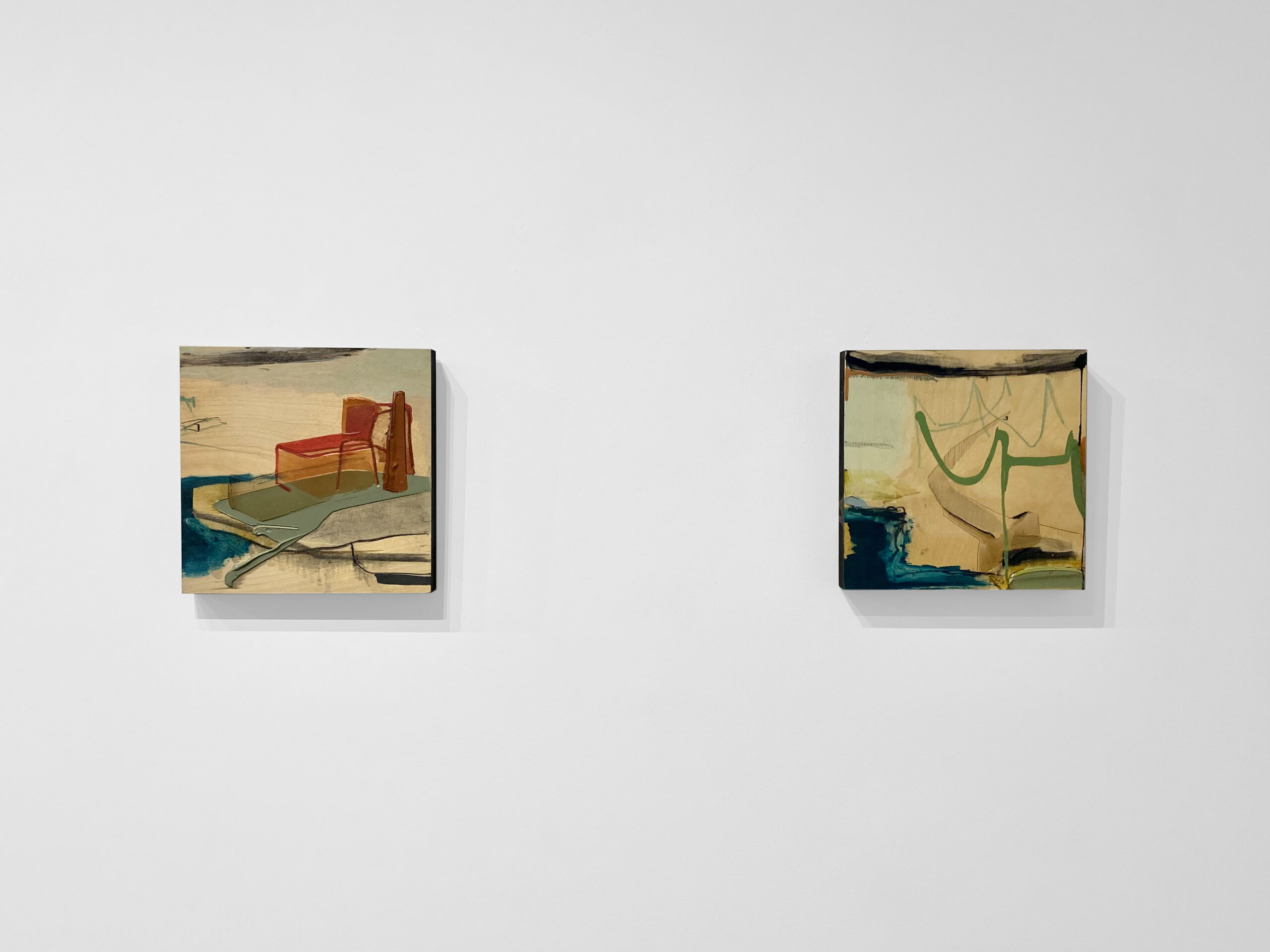
Patrice Charbonneau, Levure & Traverse, 2014
(Installation View), Lonsdale Gallery
Jennifer Crane
Jennifer Crane’s photographic practice investigates the relationship between the body and the lens. Her recent work explores themes of memory, time, place and archival practices, through a fusion of historical, analogue and digital photographic techniques. In her ongoing series “Field Test”, Crane explores time and perception through experimenting with the artistic possibilities offered by long exposure photography. At first glance, the images appear painterly; reminiscent of loose airy impressionistic scenes. The resulting image reveals the artist’s presence and hand. The process of capturing an image in long exposure requires deliberate measured attention to detail, which in turn invites the eye to linger in order to apprehend all the details within her elusive compositions.
Annie Taylor
Annie Taylor’s photographs draw the viewer in with broken, light-catching fragments. On closer inspection, these shards reveal themselves to be collapsed landscapes. Her works present an interesting set of binaries: micro and macro, analog and digital, reverence and warning. Taylor plays with processes, her works existing somewhere between the scientific and the alchemical. Taylor uses photo emulsion as sculptural material, playing with physicality of the wet darkroom. The resulting compositions are shot in high definition digital, capturing the minute details of the emulsion tableaux. The final works are presented as round compositions that give the feeling of globes, yet the details of the works reveal themselves to be portals to other spaces. Talyor leads us to question our own place in the big picture and with each landscape fragment our notions of ecology are put off kilter.
Jim Reid
Jim Reid’s landscape paintings highlight the complex relationship between nature and culture. Paintings from the 1980’s explored the borderlands between urban, agricultural and natural areas. Through the 1990’s the work became more sculptural, with the series Terraforms. These massive assemblages combined man-made materials such as acrylic paint, metal mesh and fiberglass castings with collaged natural material from the site. Reid’s Ferals series (2003-2013) was a typology of individual wild apple trees growing in the forests near his studio. Descended from cultivated trees, these feral apple trees escaped that control and became integrated into the local ecosystem. In the series Forests (2008-2015), repeated forms and obsessively layered surfaces revealed the terrain as ancient, complex and constantly transforming. His latest work, Peel Plain, moves to the open spaces and distant horizons of the historic farmlands below Peel’s section of the Niagara Escarpment. At first glance serene, yet energetic and chaotic, they reflect conflicting forces in a changing landscape.
Julia Martin
Julia Martin
Come Lie Down
(from the series Cut me down/Split me open/Burn me up)
2016
photographic print on 100% cotton rag paper
edition of 3
22 x 18 inches (framed)
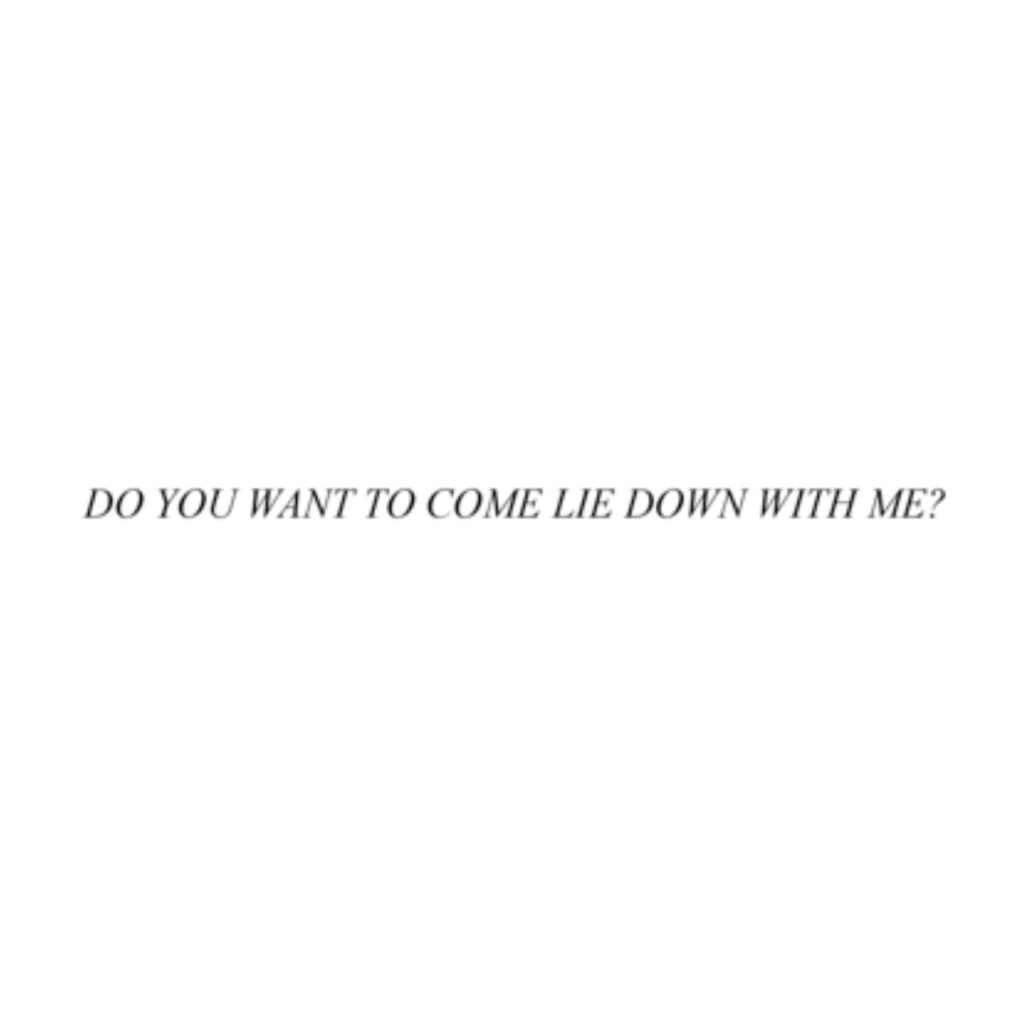
Julia Martin, Come Lie Down, 2016
(Artwork Detail)
Julia Martin‘s text-based photographic series Cut me down/Split me open/Burn me up juxtapose autobiographical prose with black and white images of forests and fields to capture different internal physiological experiences of place. Her narrative intervention is not intended to describe the photographs, rather to expand on their potential readings. Martin’s deliberate infusion of witticisms and imagination into her prose allows the viewer to draw their own interpretations.
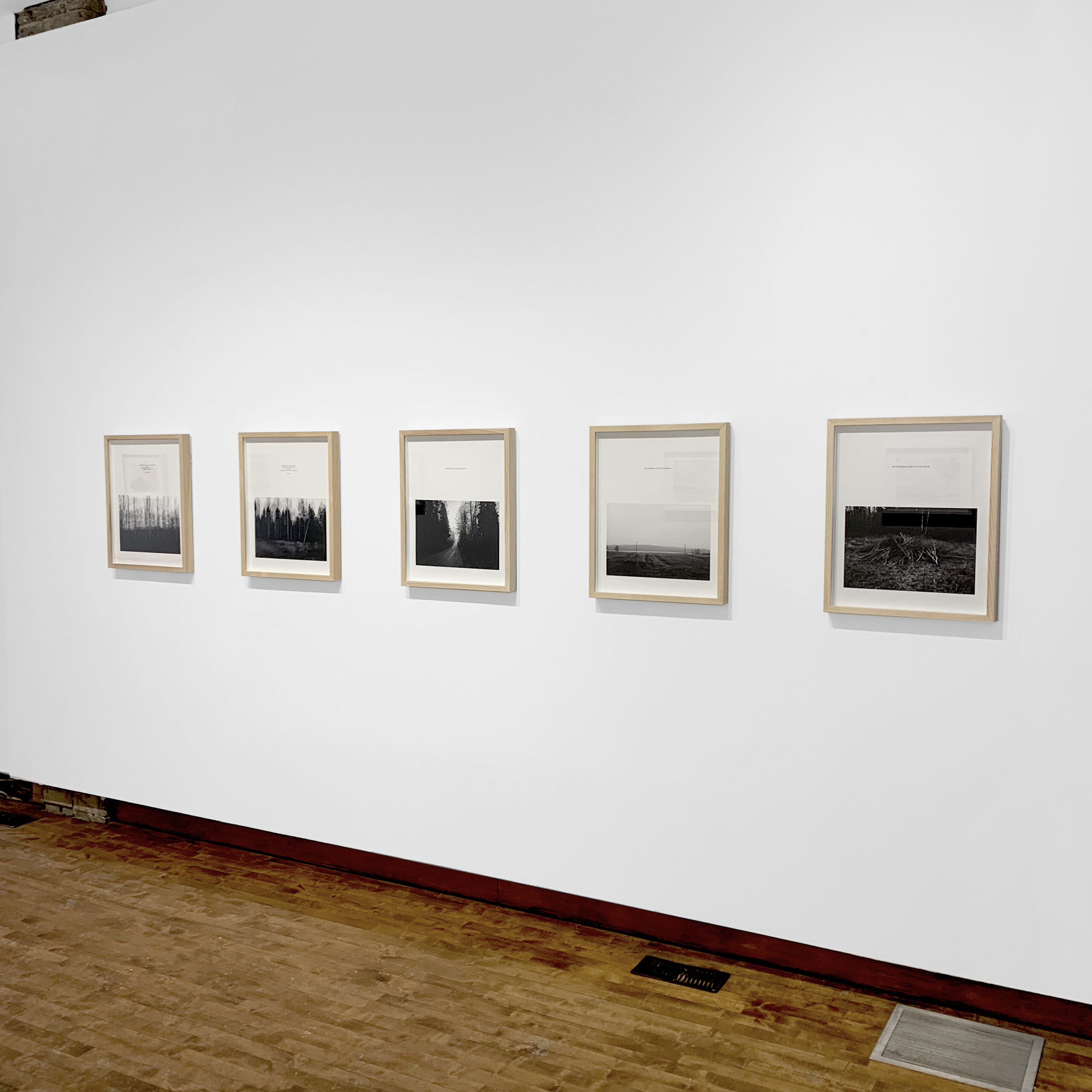
Julia Martin, Cut me down/Split me open/Burn me up series, 2016
(Installation View), Lonsdale Gallery
Julia Martin
Impasse
(from the series Cut me down/Split me open/Burn me up)
2016
photographic print on 100% cotton rag paper
edition of 3
22 x 18 inches (framed)
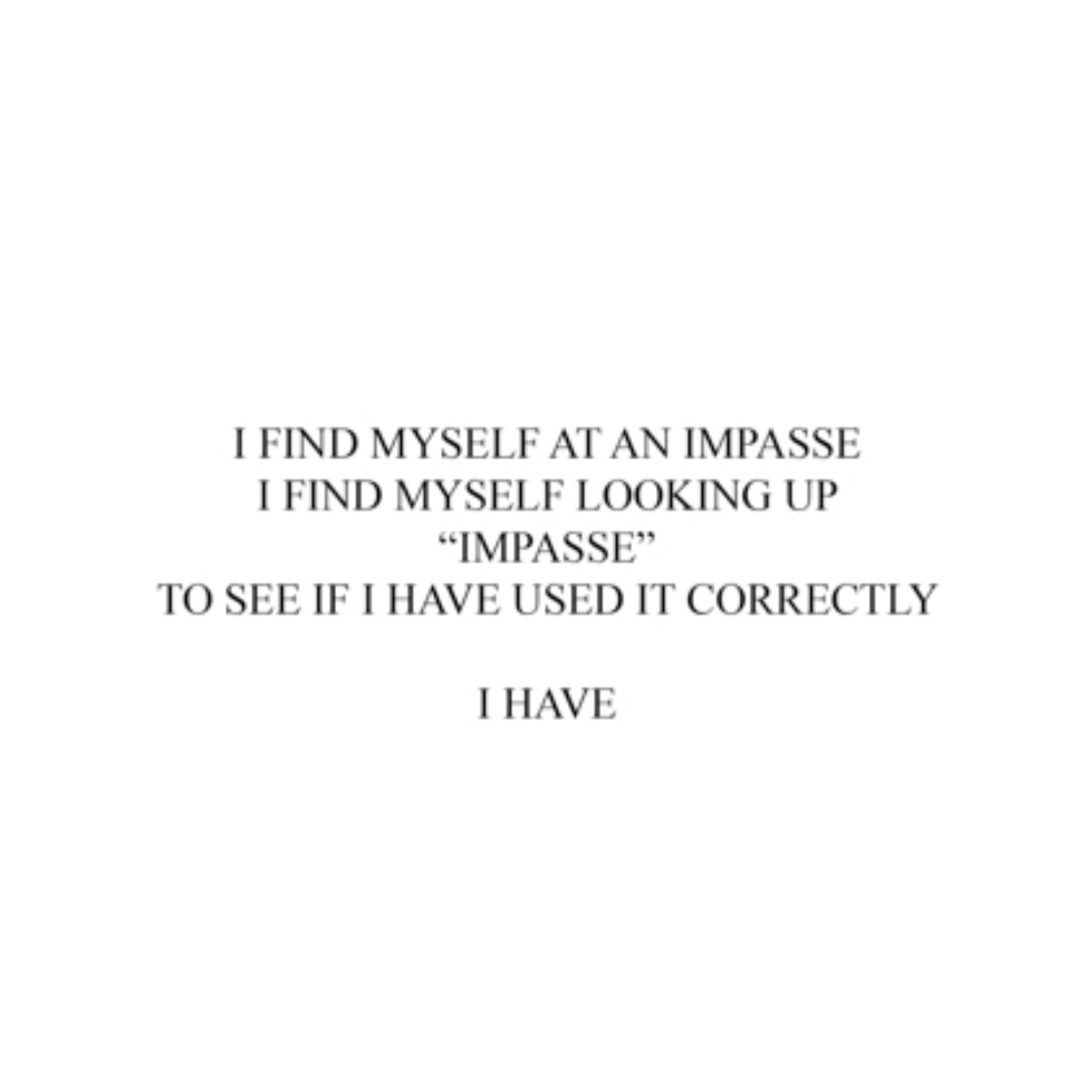
Julia Martin, Impasse, 2016
(Artwork Detail)
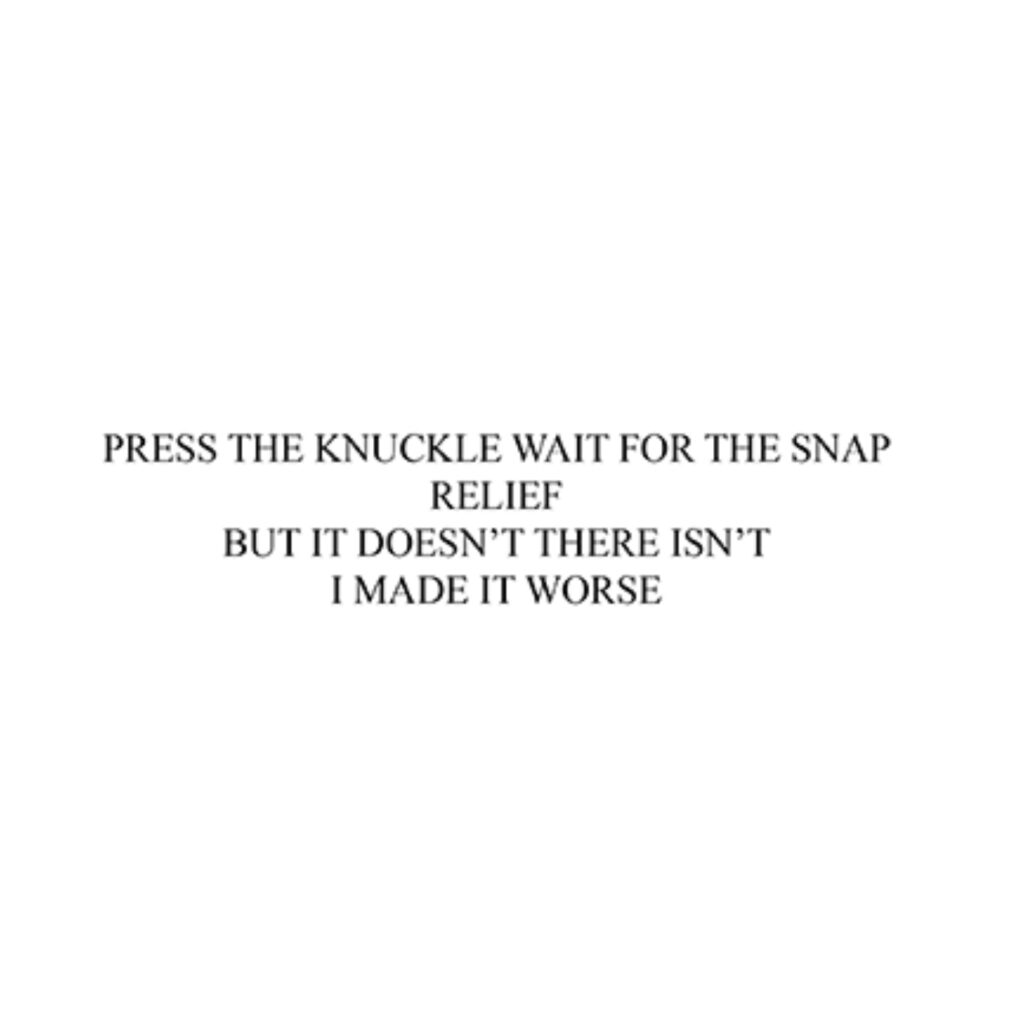
Julia Martin, Snap, 2016
(Artwork Detail)
Julia Martin’s photographs show close-up images of natural elements such as foliage, grasses, plants and animals. These works borrow the filmic language of the establishing shot, the atmosphere in each piece speaking to a space imbued with emotion. For Martin, these are interior landscapes, her own sense of self reflected in found elements. Martin’s photo diary of the land speaks to the artist’s transience and her continued search for a connection to place.
Joan Kaufman
Joan Kaufman
Woodlands 7 (Woodlands series)
2019
c-print face mounted to plexi,
back mounted to dibond
ed. 1 of 5
18 x 32 inches
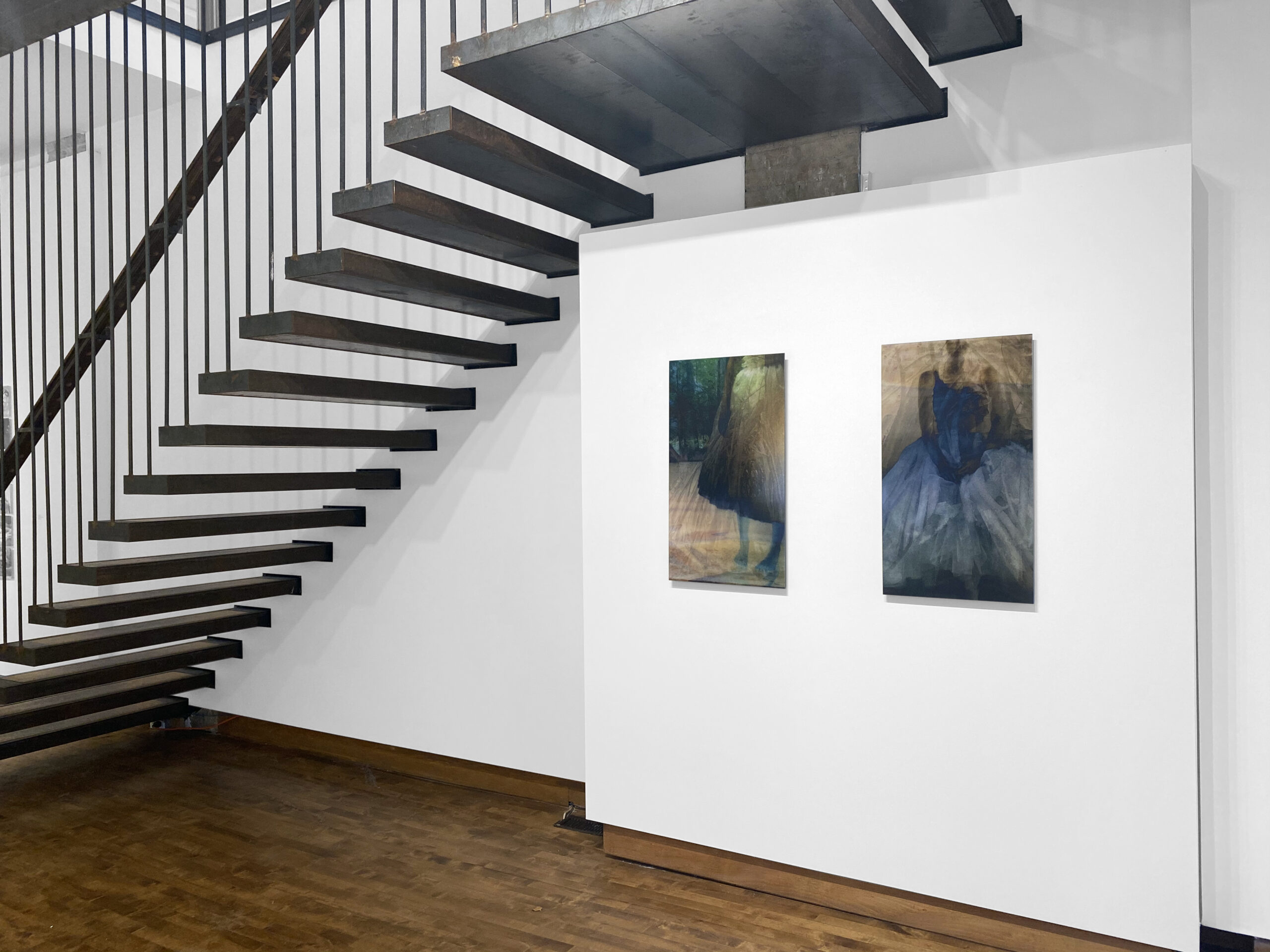
Joan Kaufman, Woodlands 9 & 10, 2019
(Installation View), Lonsdale Gallery
Joan Kuafman
Woodlands 9 (Woodlands series)
2019
c-print face mounted to plexi,
back mounted to dibond
ed. 1 of 5
32 x 18 inches
Keijo Tapanainen
Keijo Tapanaimen
Untitled (Carbon Figures)
1999 – 2012
carbon paper collage on kraft paper
20 x 20 inches (framed)
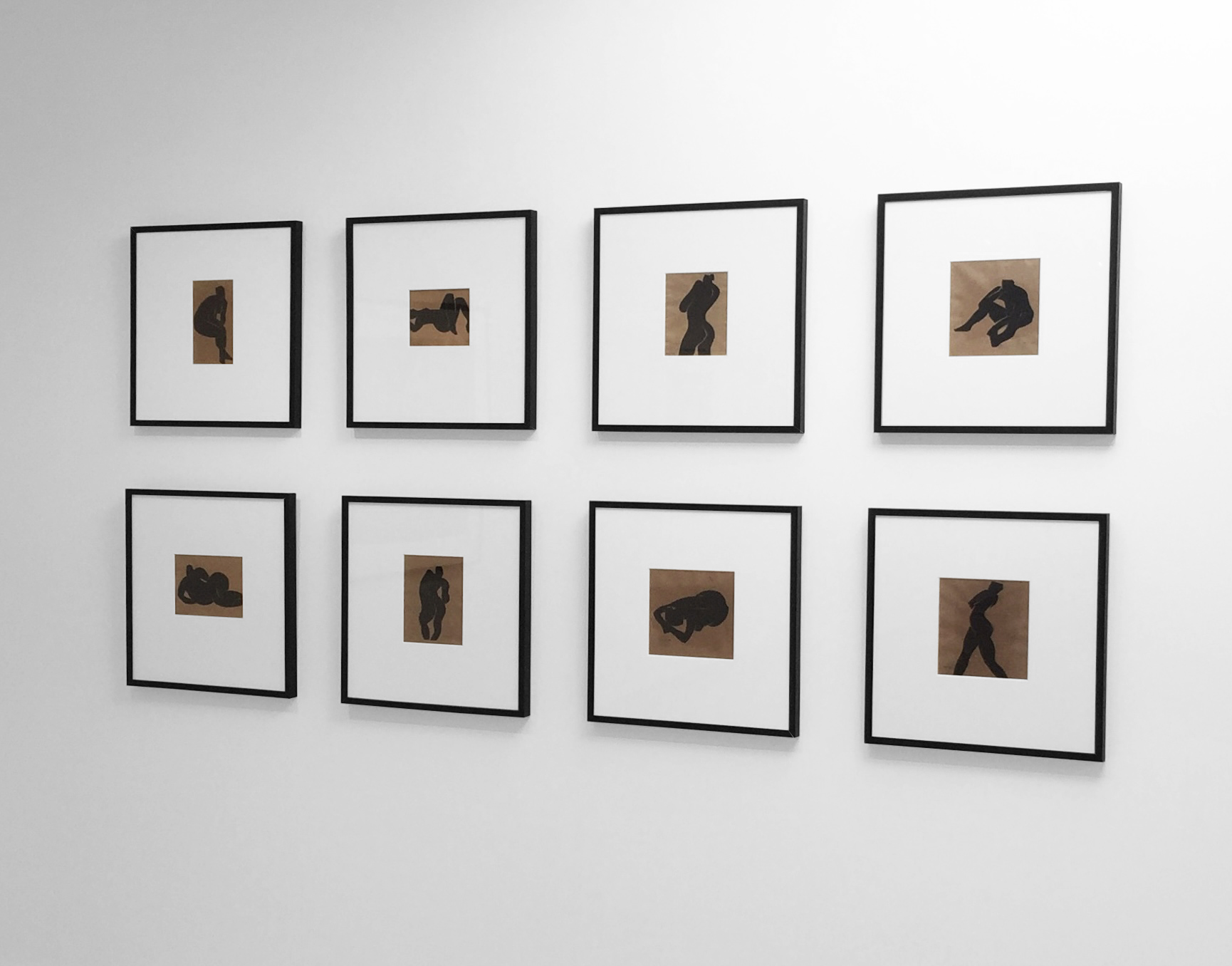
Keijo Tapanaimen, Untitled (Carbon Figures), 1999 – 2012
(Installation View), Lonsdale Gallery
Keijo Tapanaimen
Untitled (Carbon Figures)
1999 – 2012
carbon paper collage on kraft paper
20 x 20 inches (framed)
Keijo Tapanainen’s carbon paper figures are as sensual as they are minimal. Tapanainen captures the beauty and simplicity of the human form in this intimate series of handcut carbon paper work. Figures are originally drawn from life using hand cut carbon paper pasted onto a kraft substrate. The artist renders his subjects using an almost sculptural reductive technique, cutting away elements to create a single composition. The elegant lines and sophistication of these images are juxtaposed with the textural surface of the carbon paper.
Keijo Tapanaimen
Untitled (Carbon Figures)
1999 – 2012
carbon paper collage on kraft paper
20 x 20 inches (framed)
Keijo Tapanaimen
Untitled (Carbon Figures)
1999 – 2012
carbon paper collage on kraft paper
20 x 20 inches (framed)
Keijo Tapanaimen
Untitled (Carbon Figures)
1999 – 2012
carbon paper collage on kraft paper
20 x 20 inches (framed)
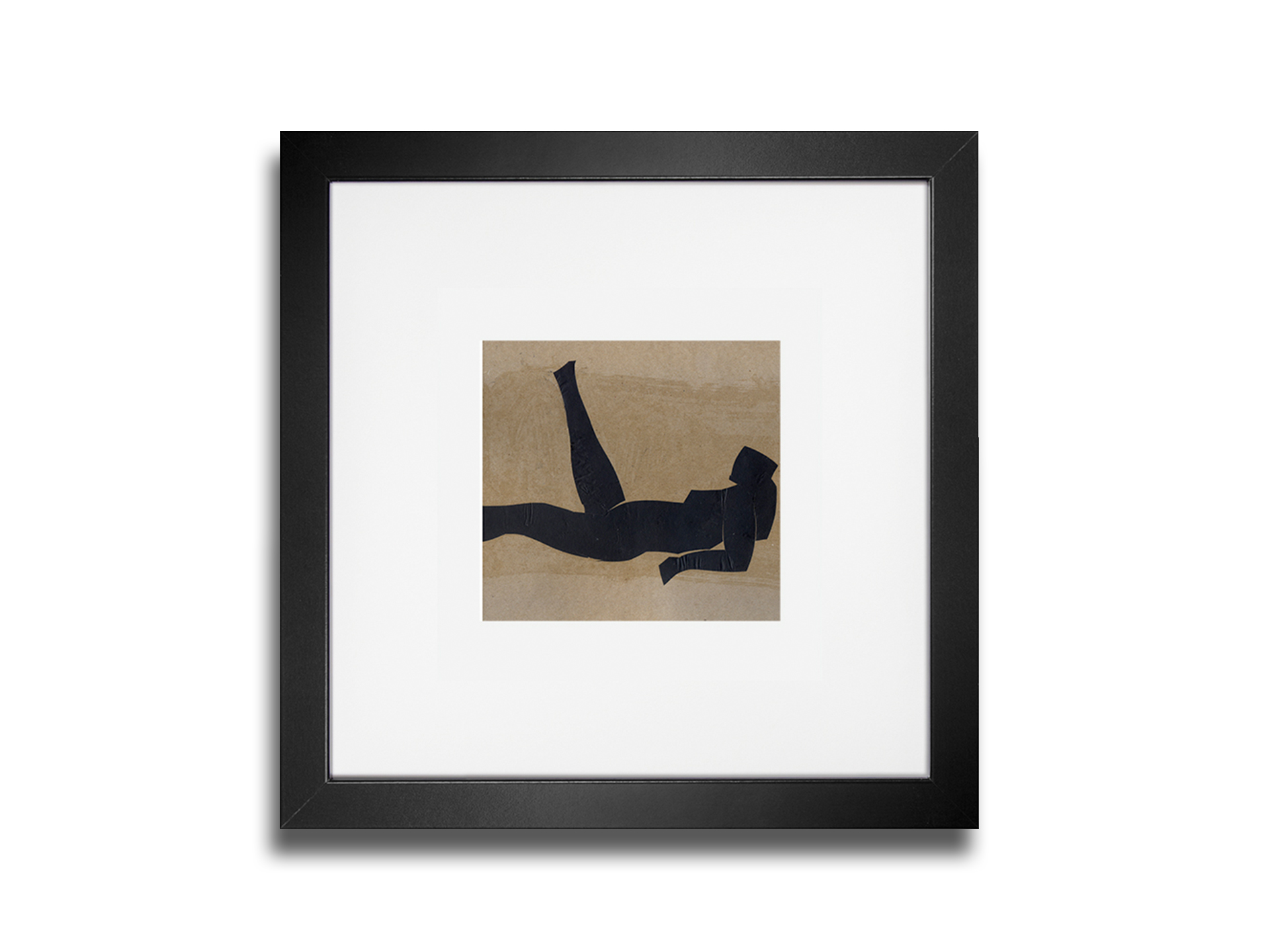
Keijo Tapanaimen
Untitled (Carbon Figures)
1999 – 2012
carbon paper collage on kraft paper
20 x 20 inches (framed)
Keijo Tapanaimen
Untitled (Carbon Figures)
1999 – 2012
carbon paper collage on kraft paper
20 x 20 inches (framed)
Keijo Tapanaimen
Untitled (Carbon Figures)
1999 – 2012
carbon paper collage on kraft paper
20 x 20 inches (framed)
GALLERY HOURS
Wednesdays - Saturday
11am - 5pm
or, by Appointment
CLOSED LONG WEEKENDS


